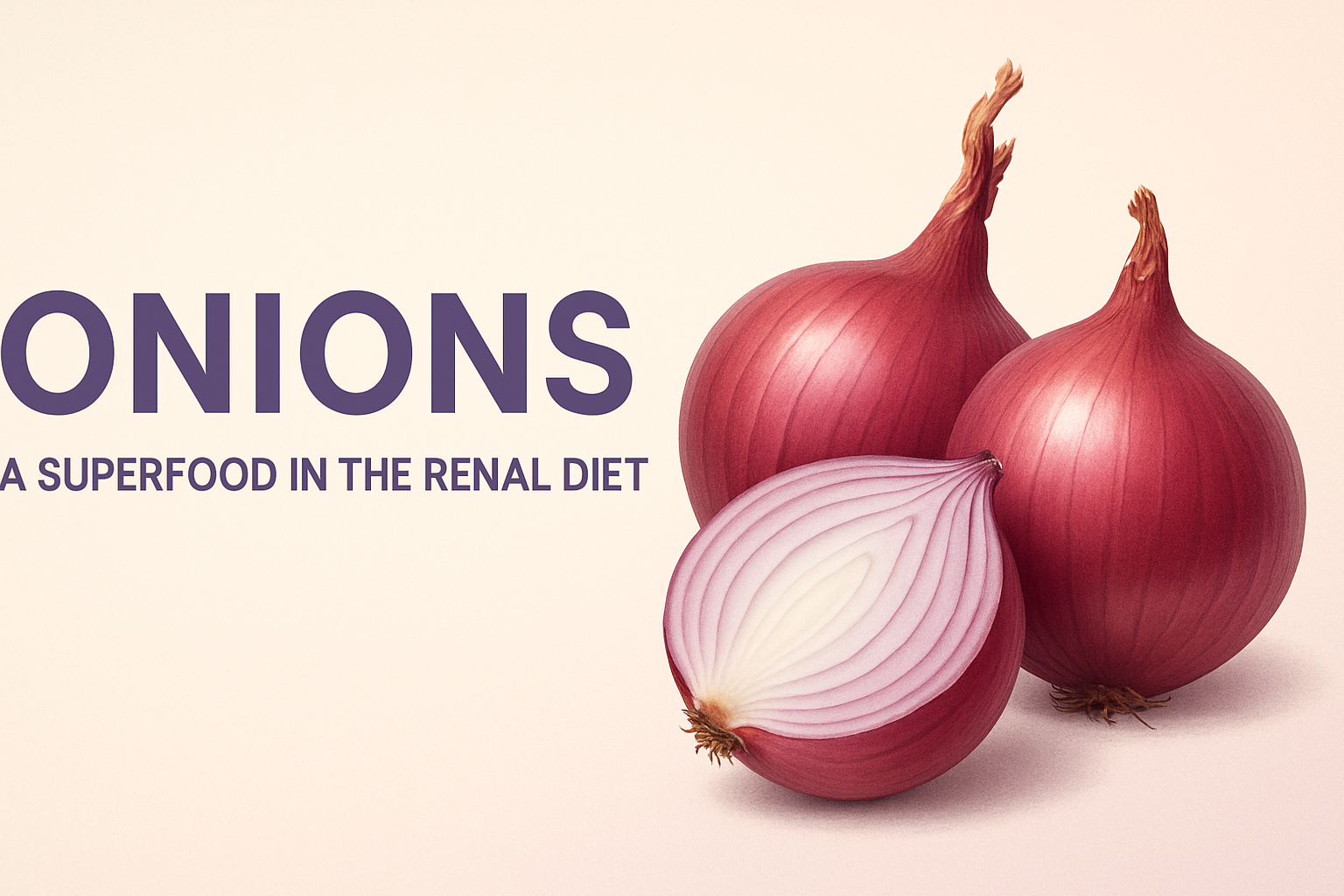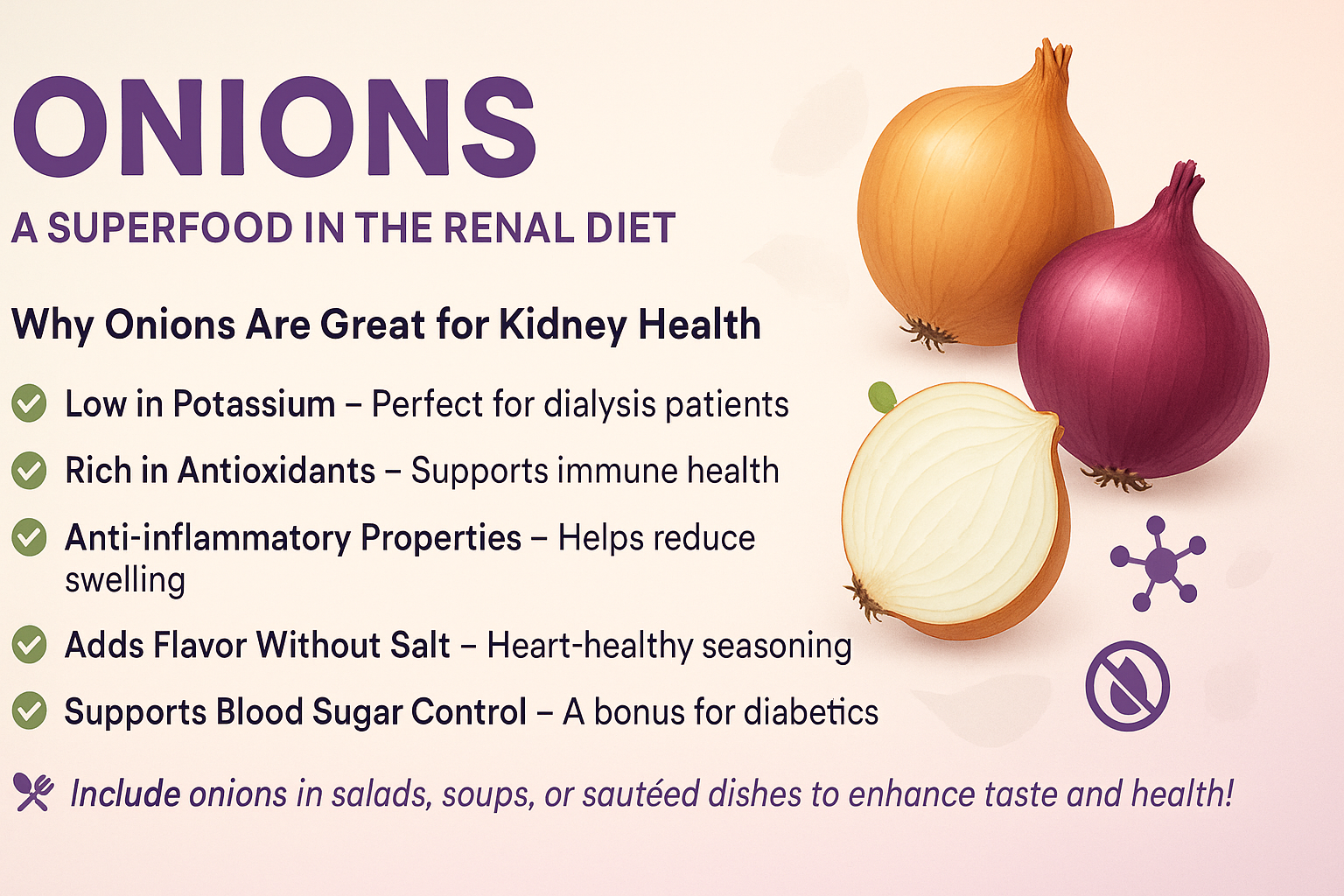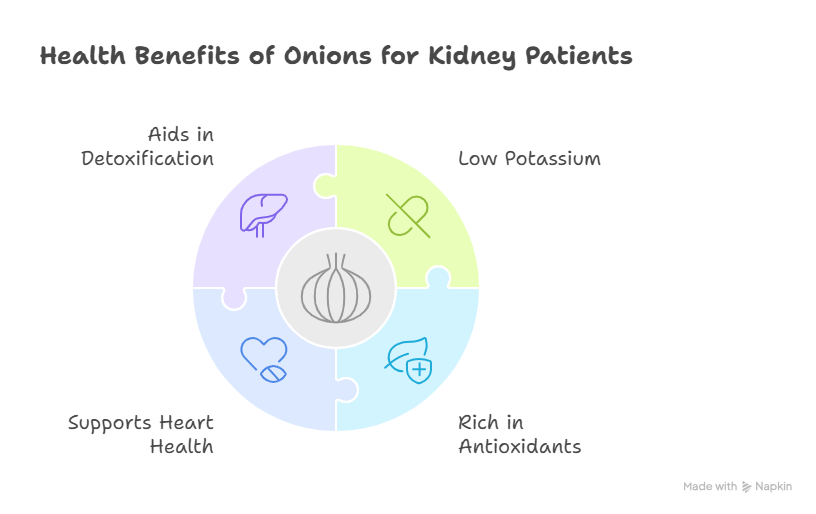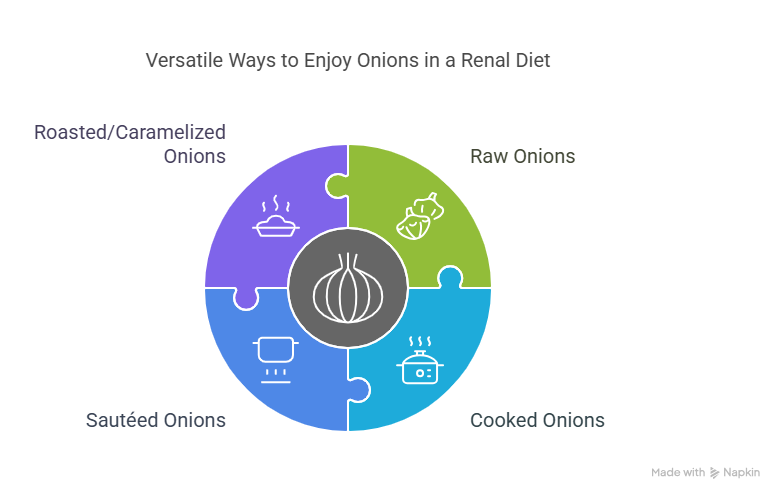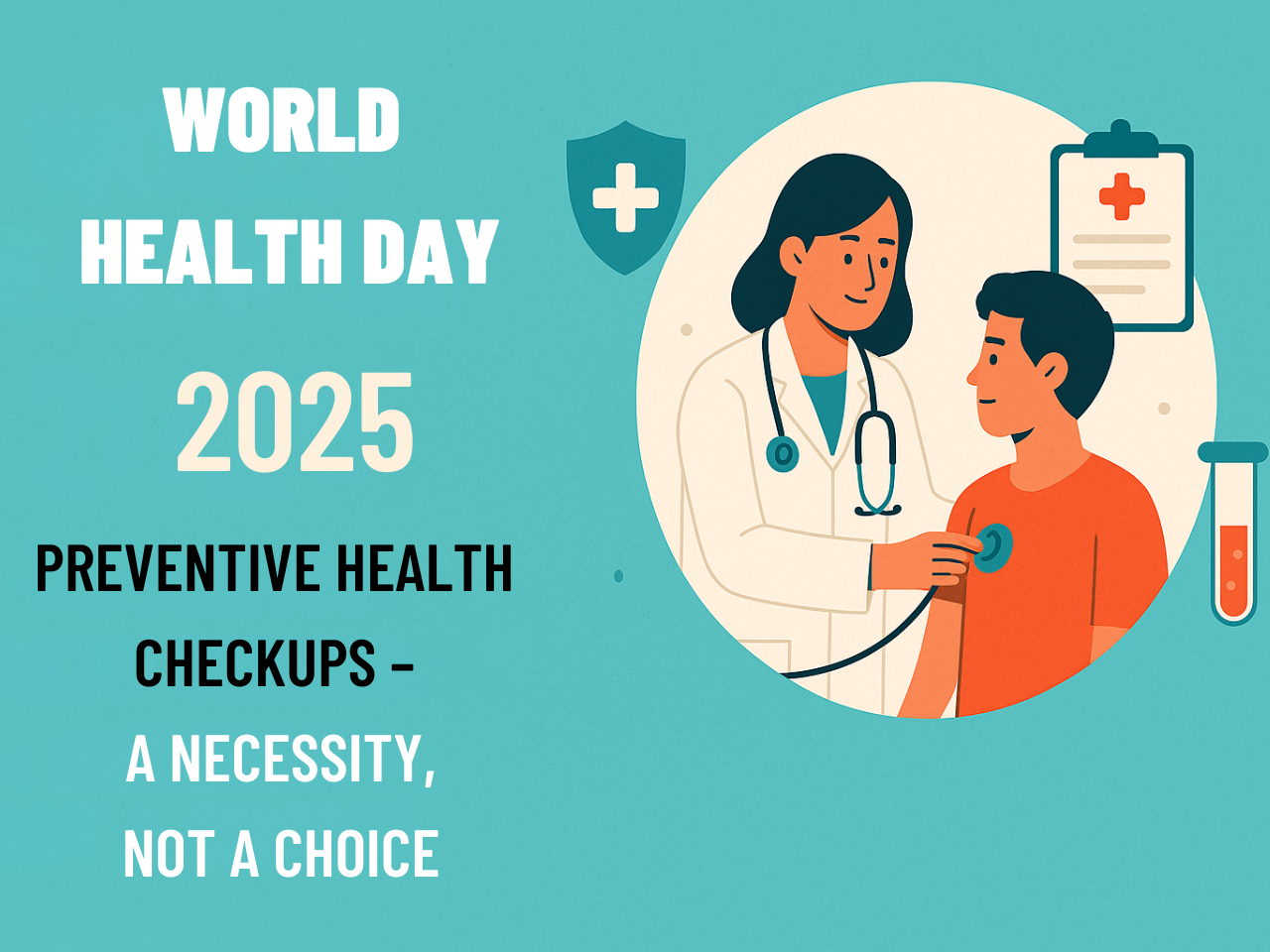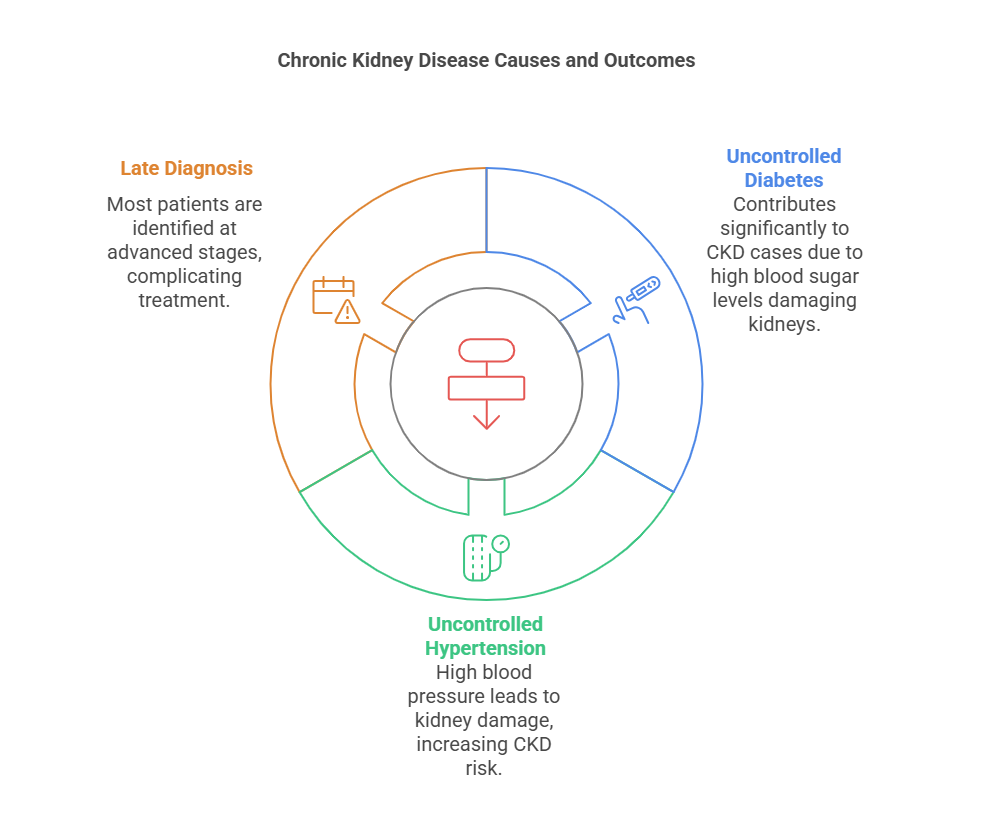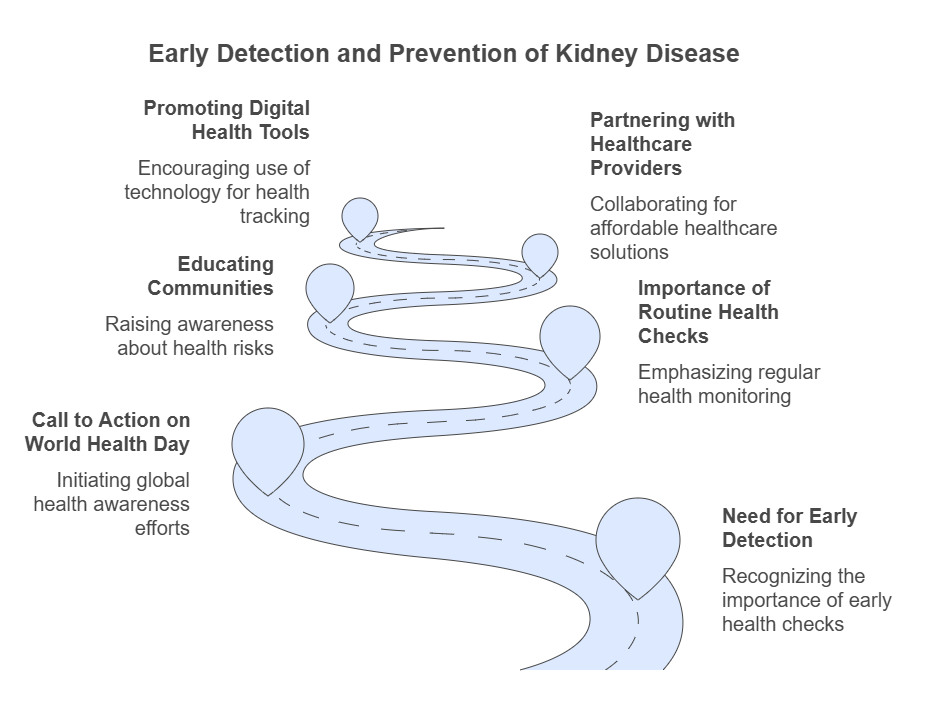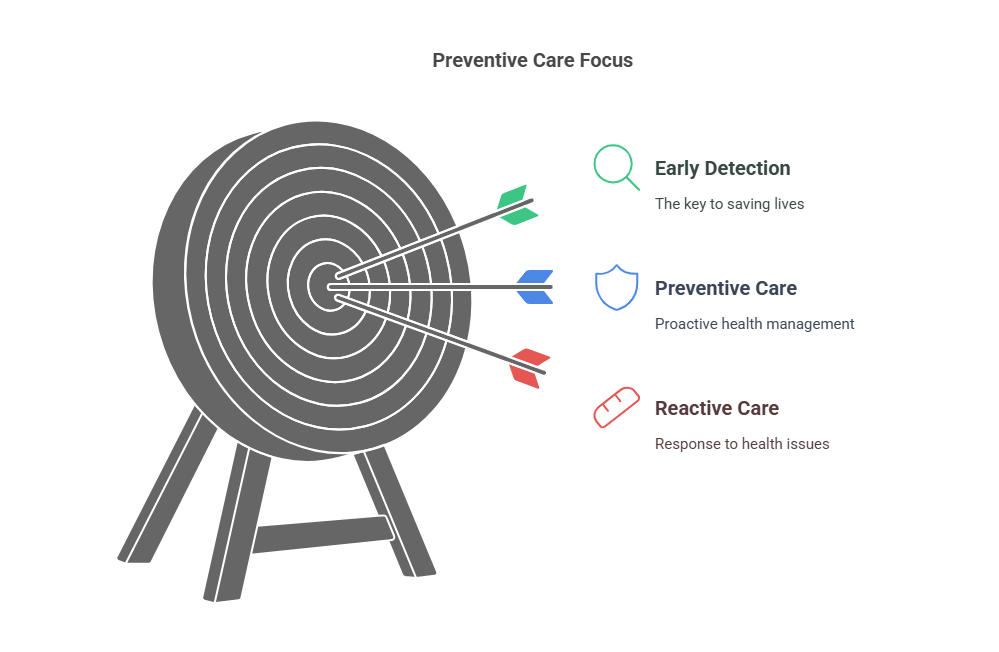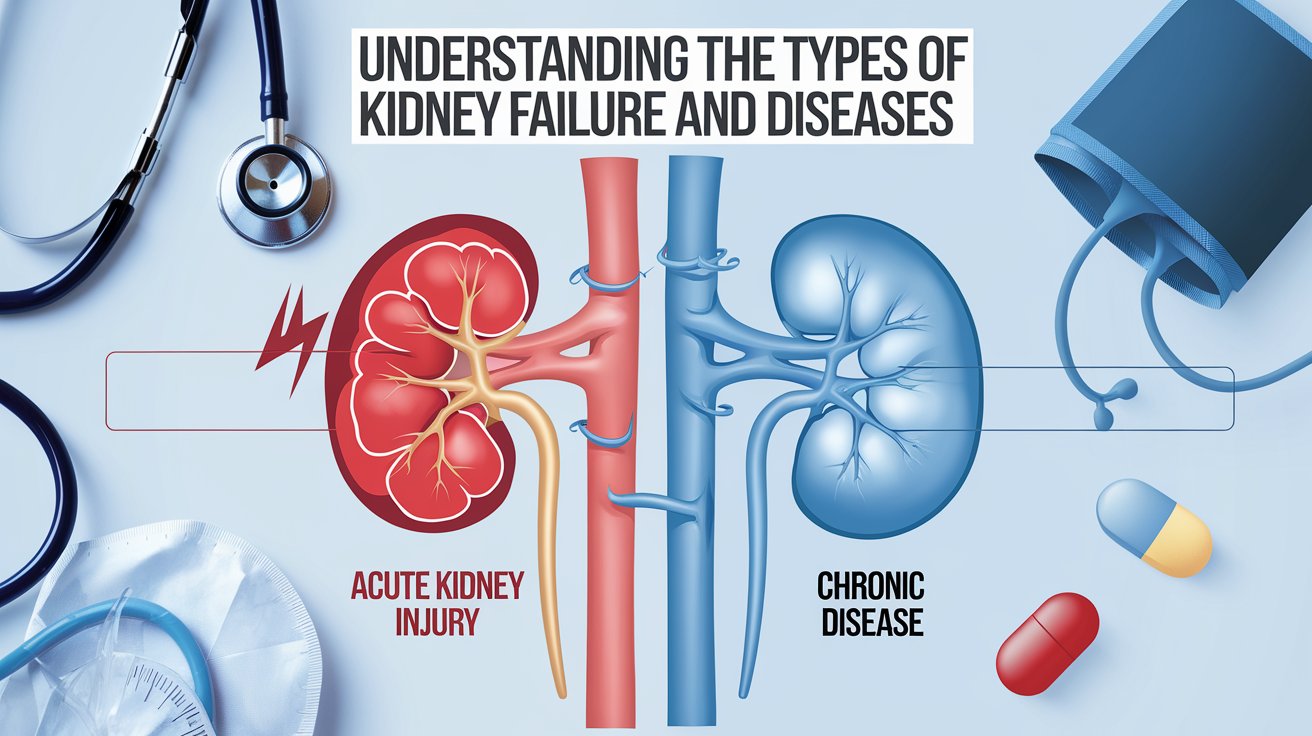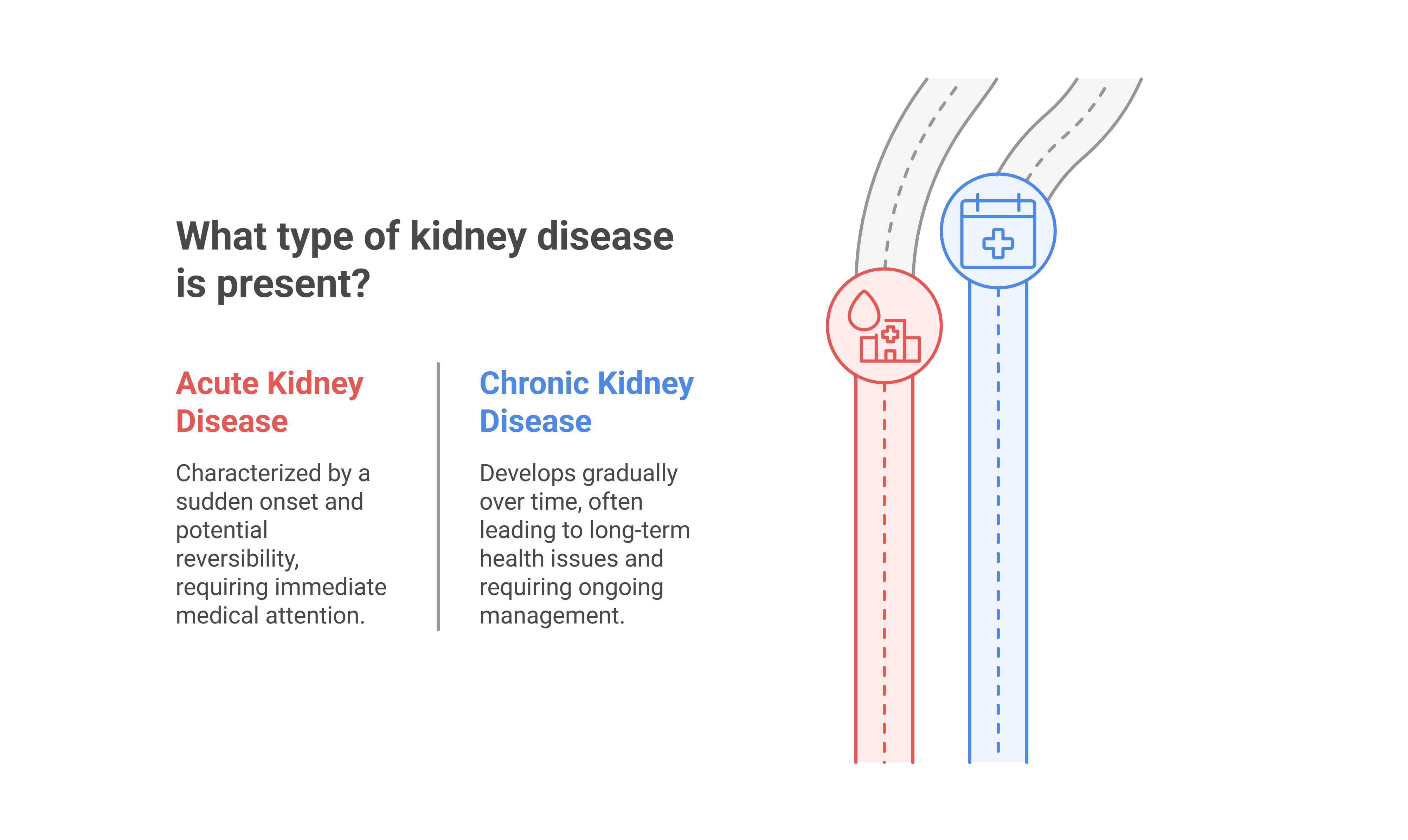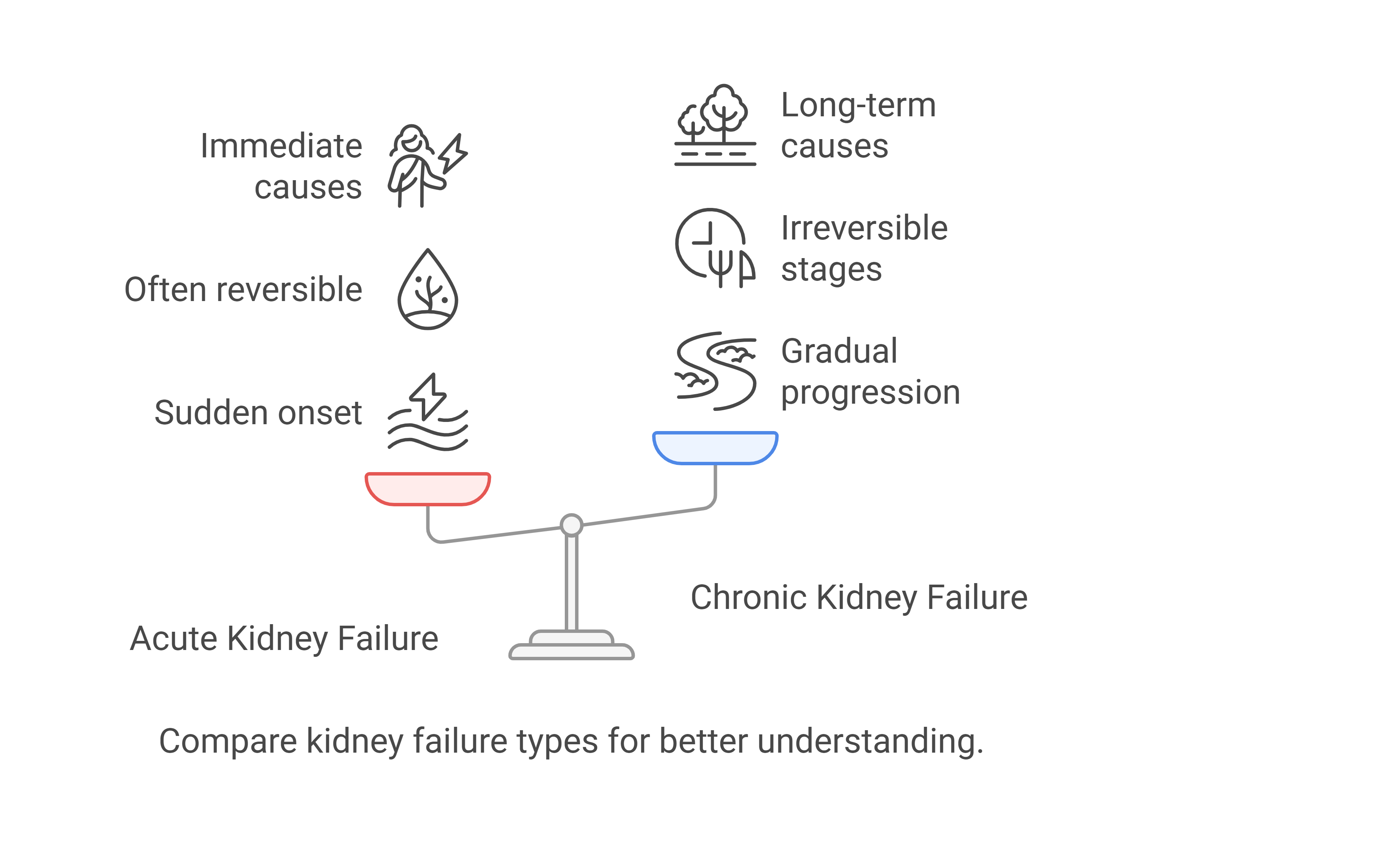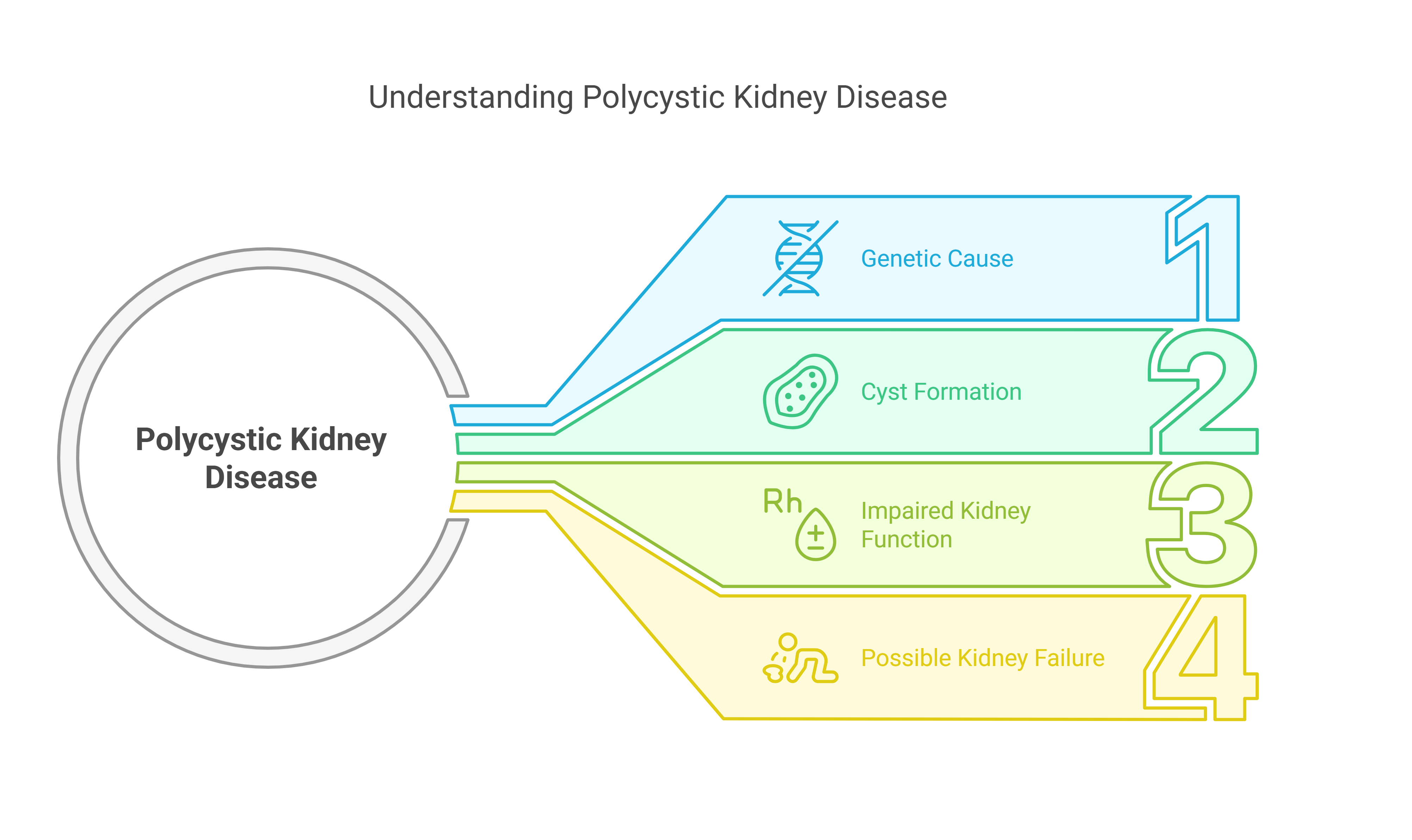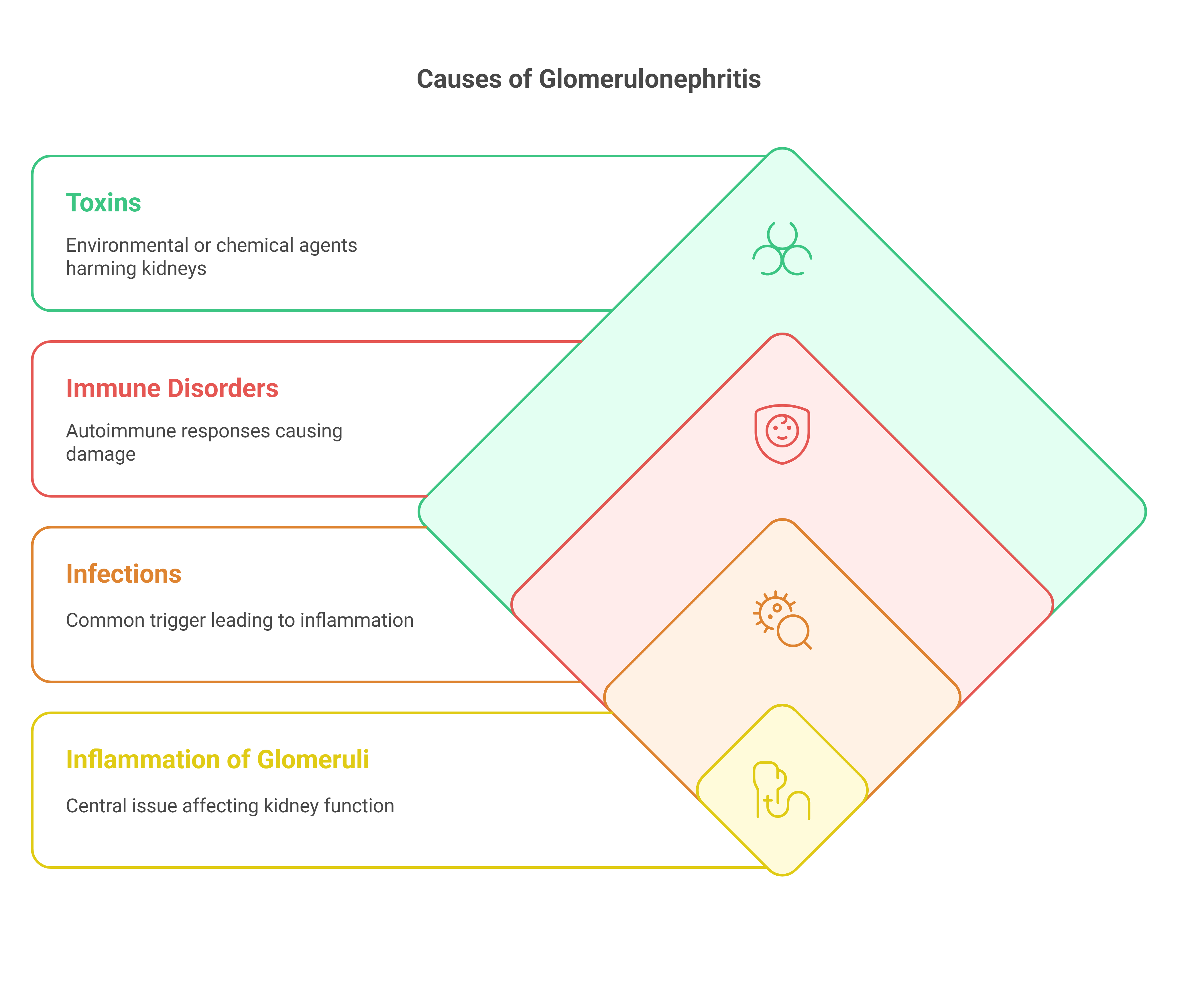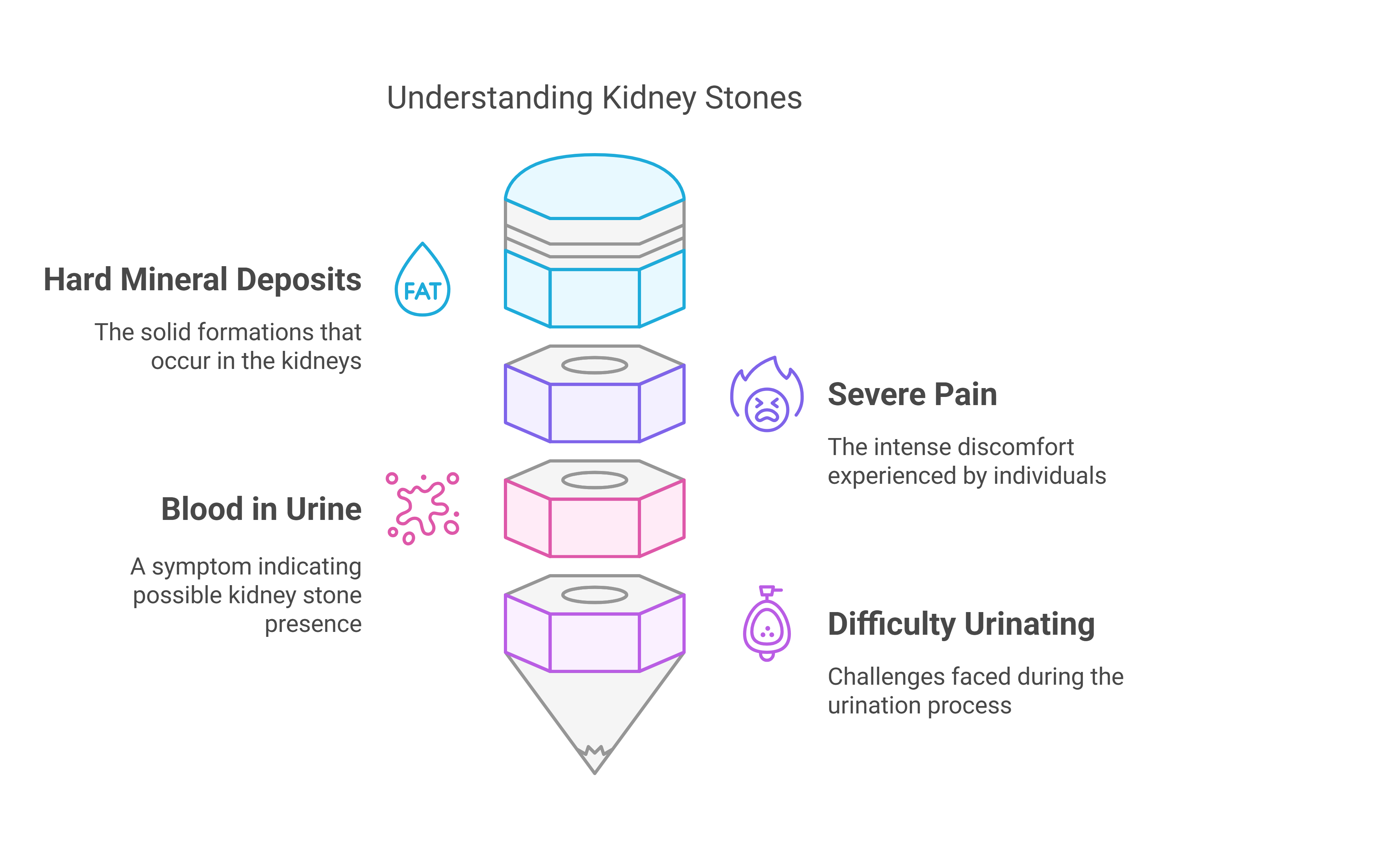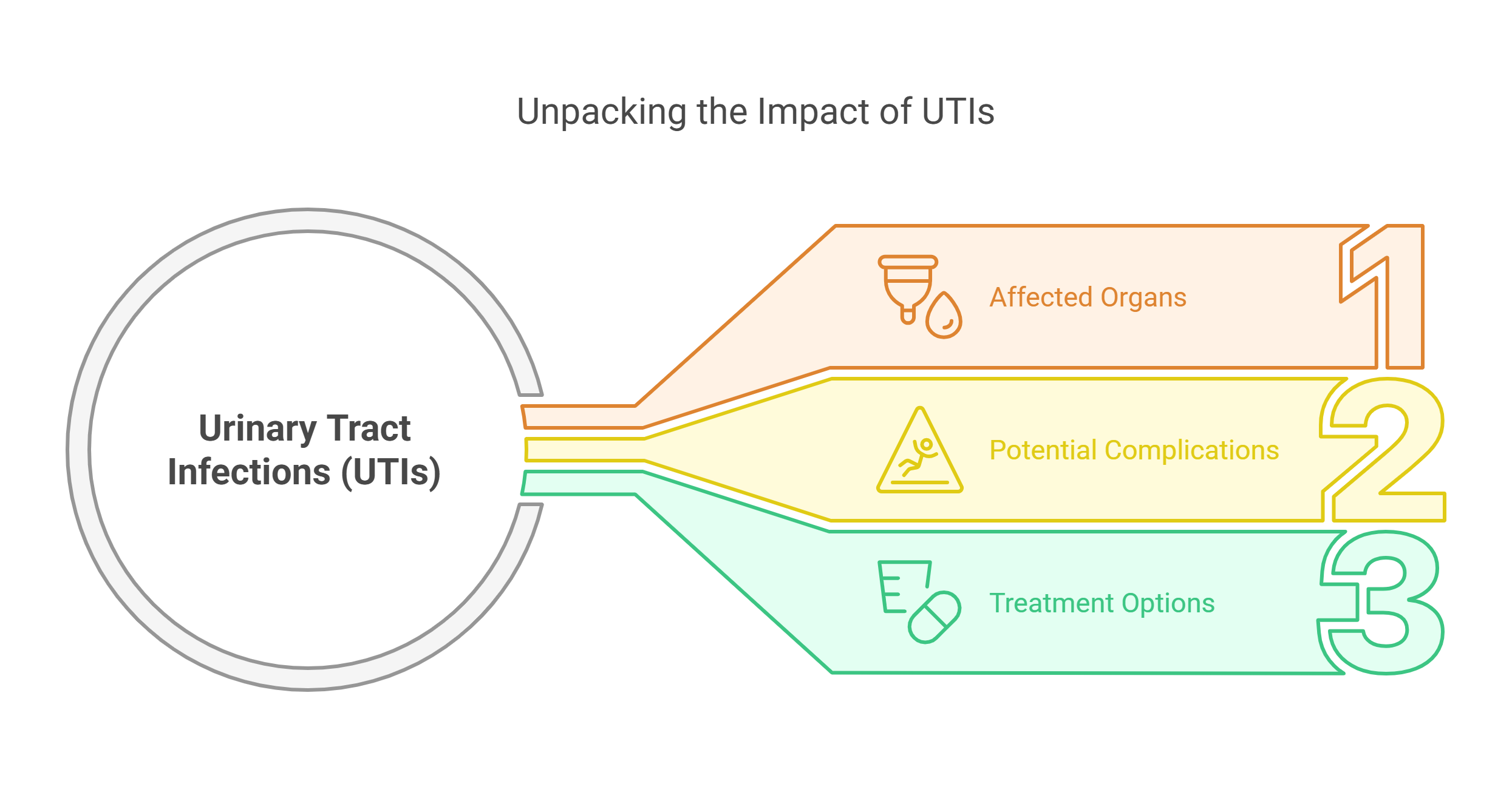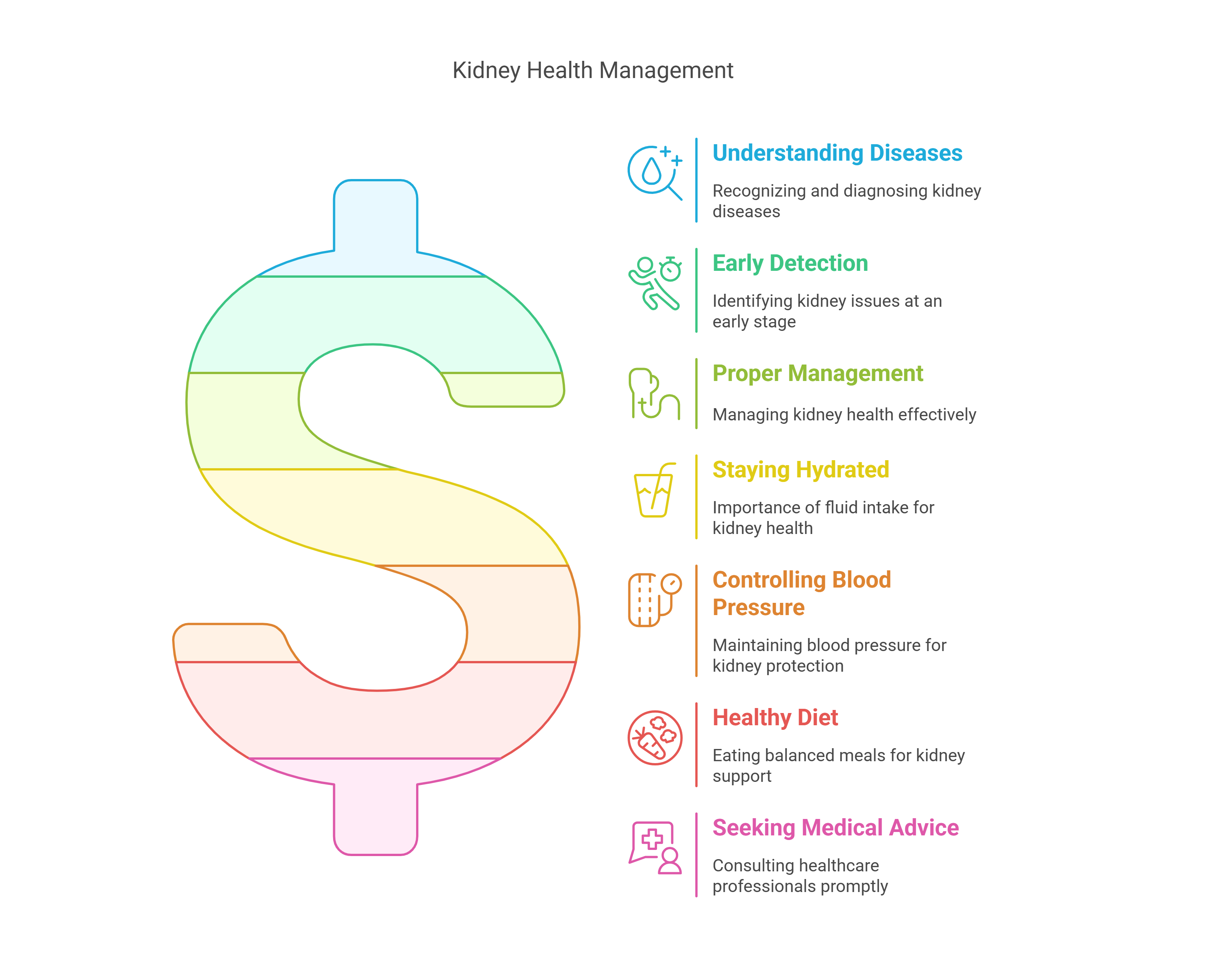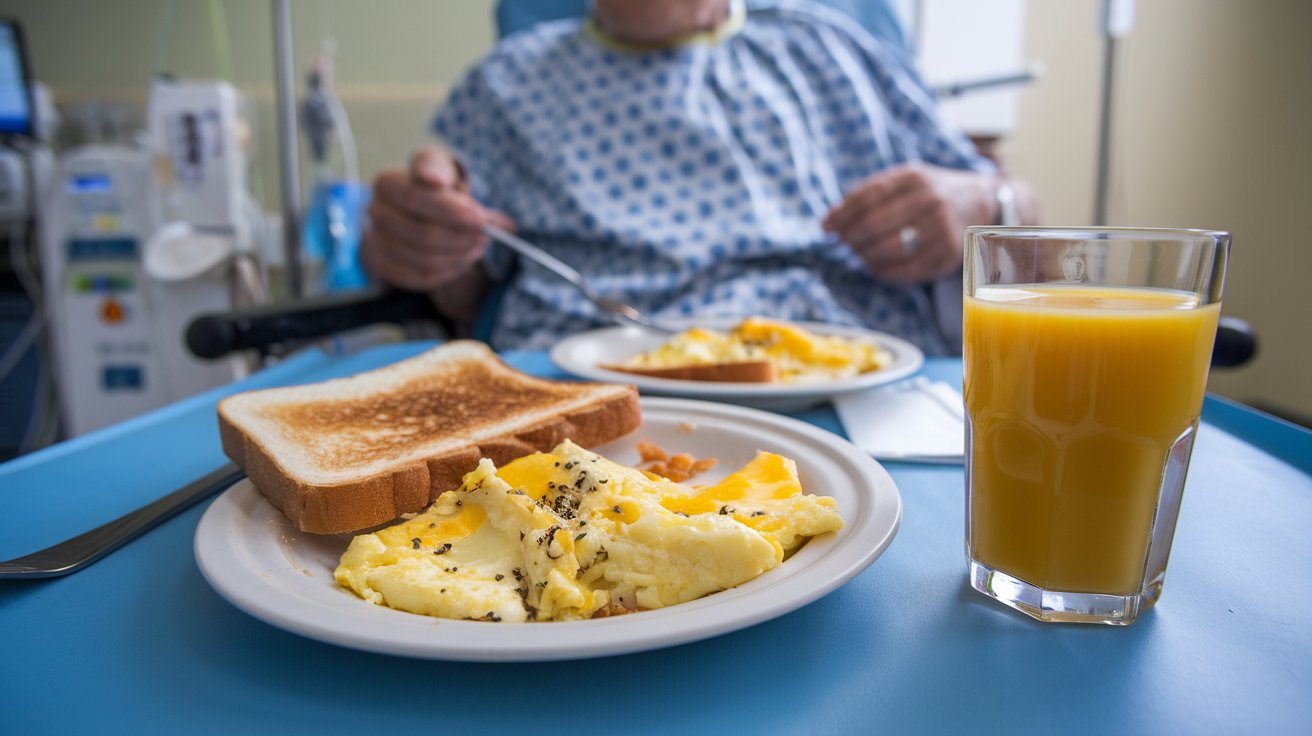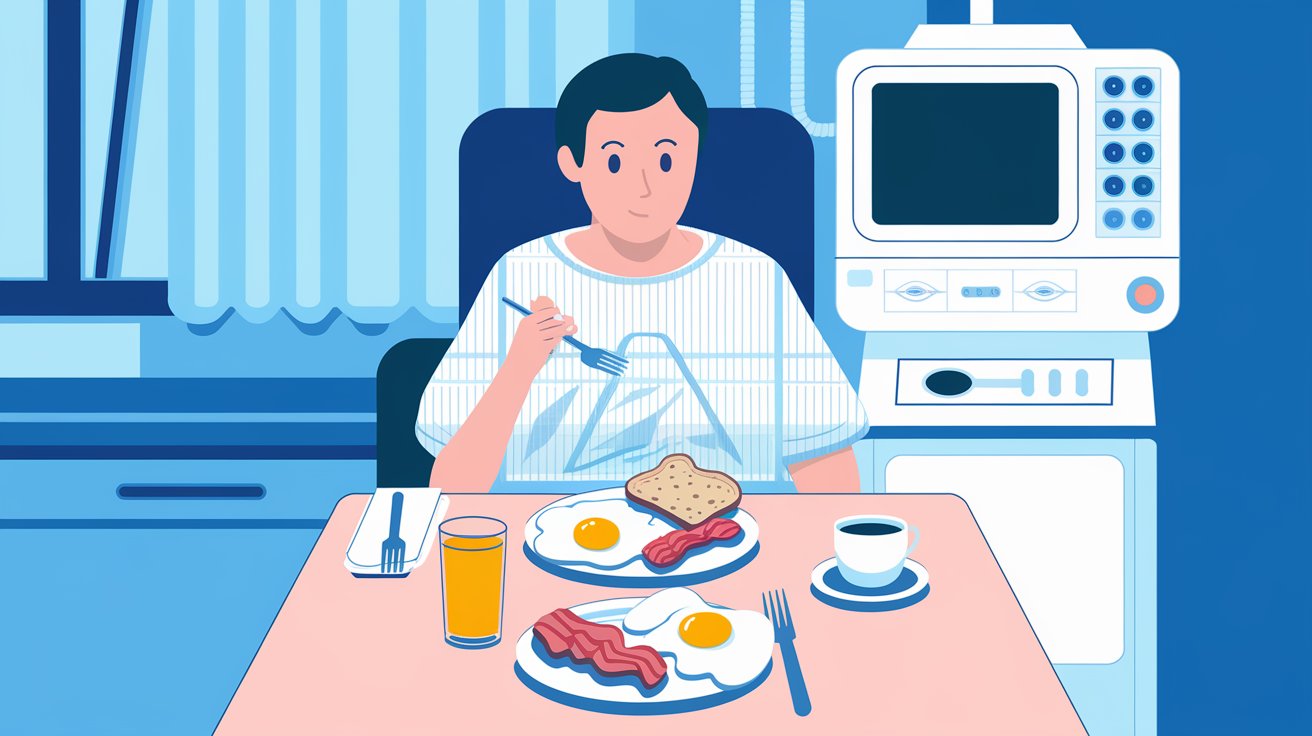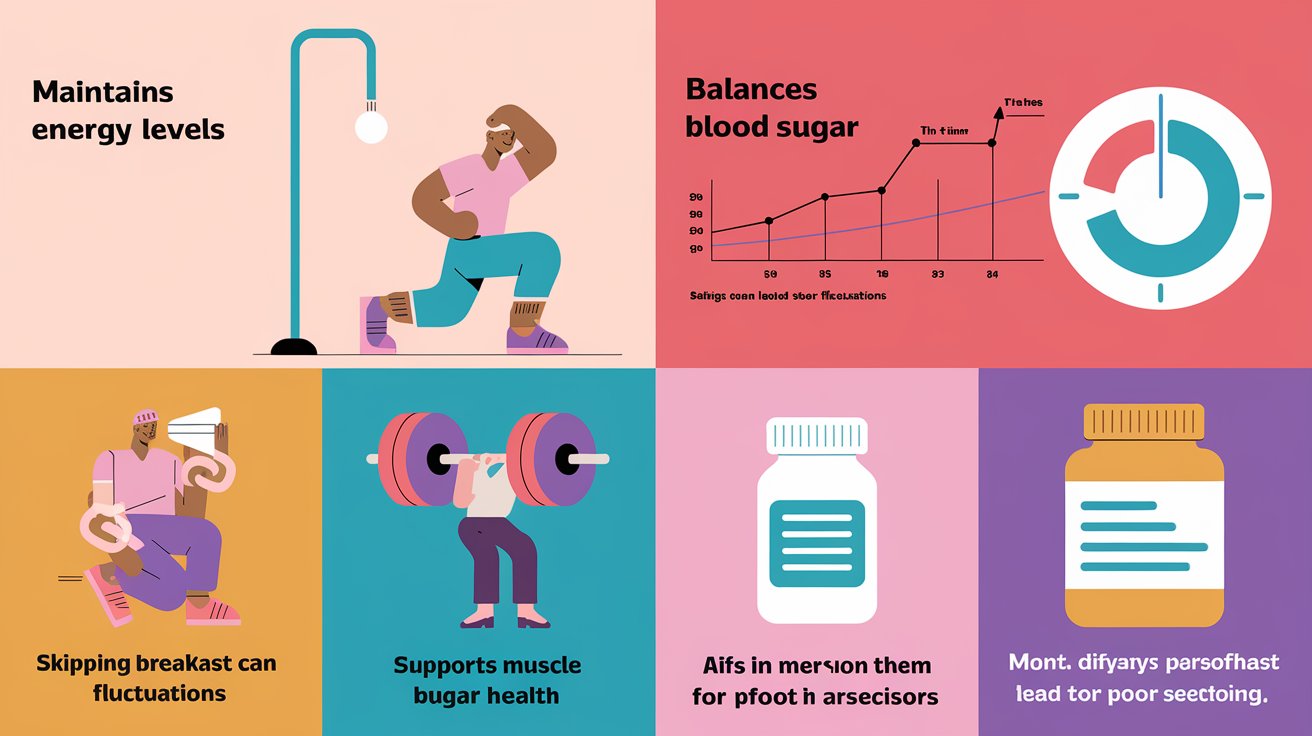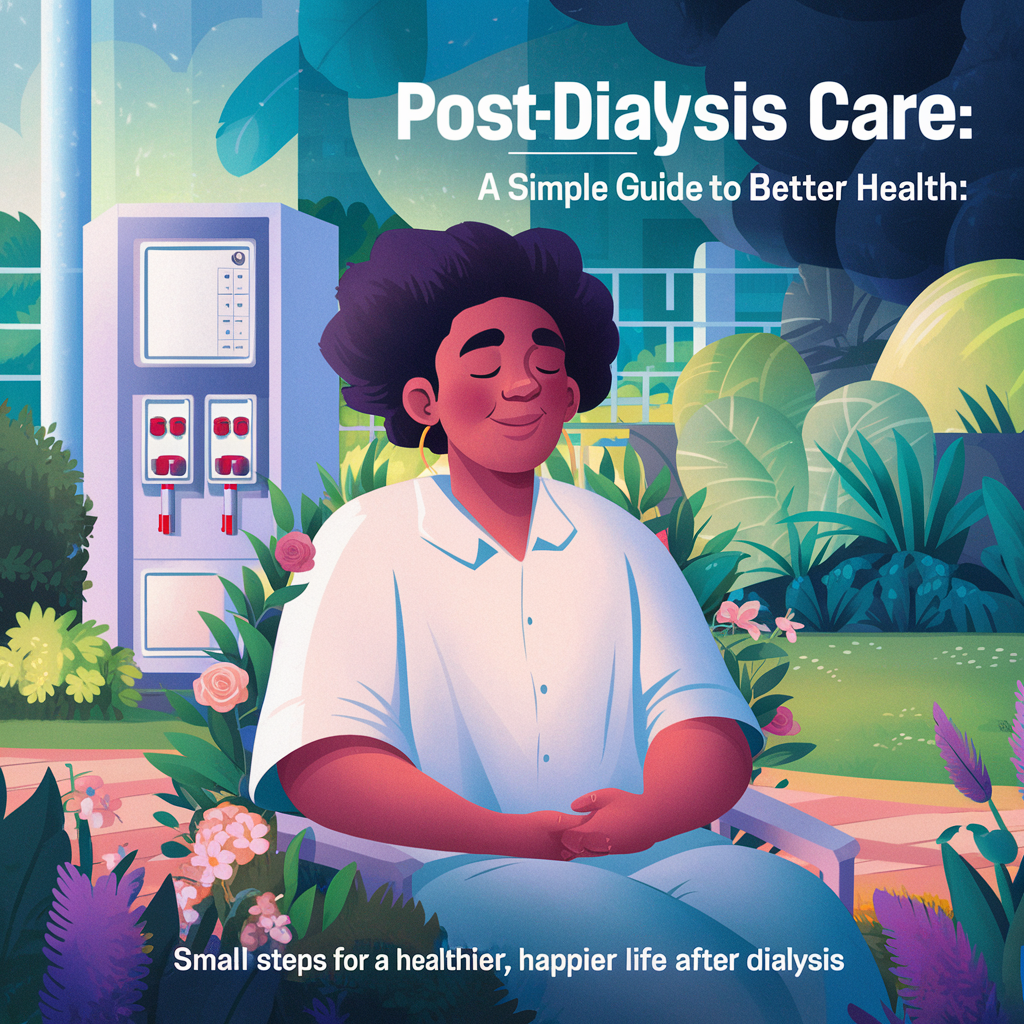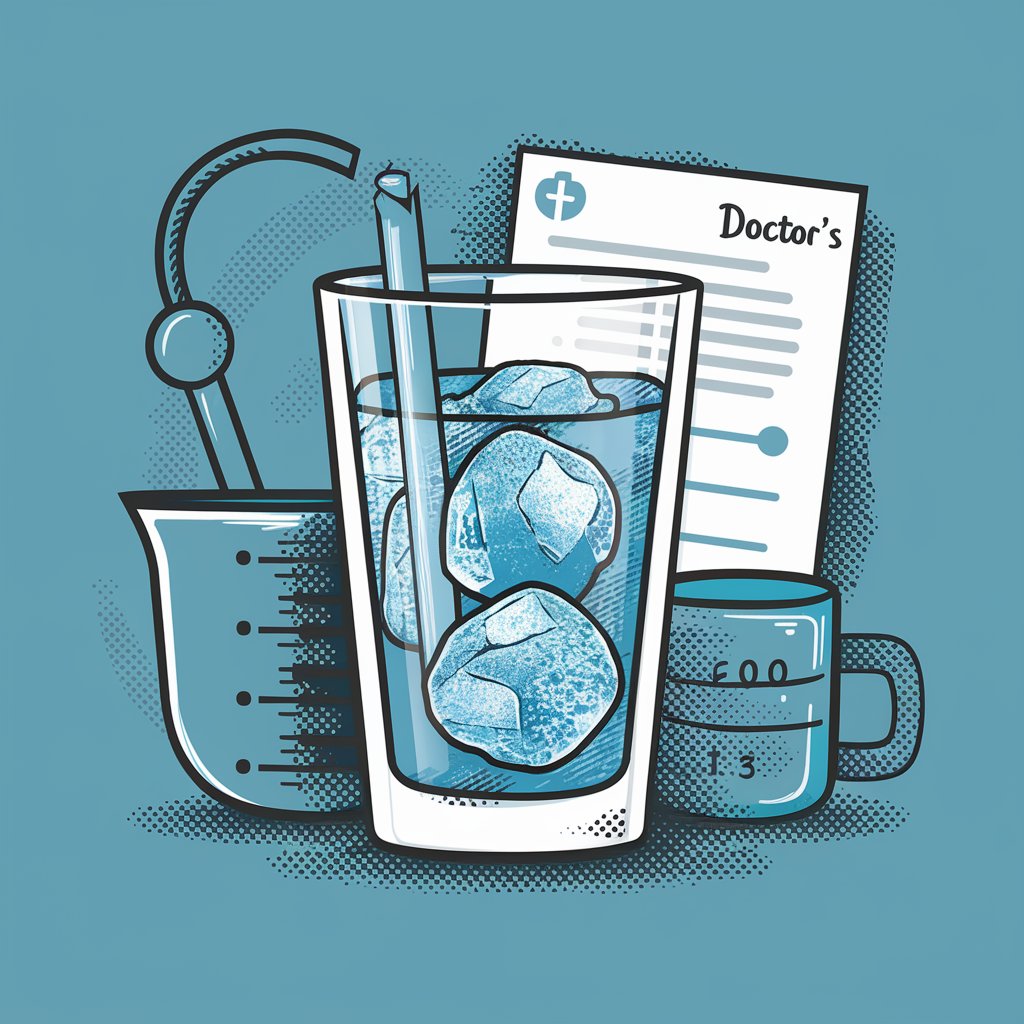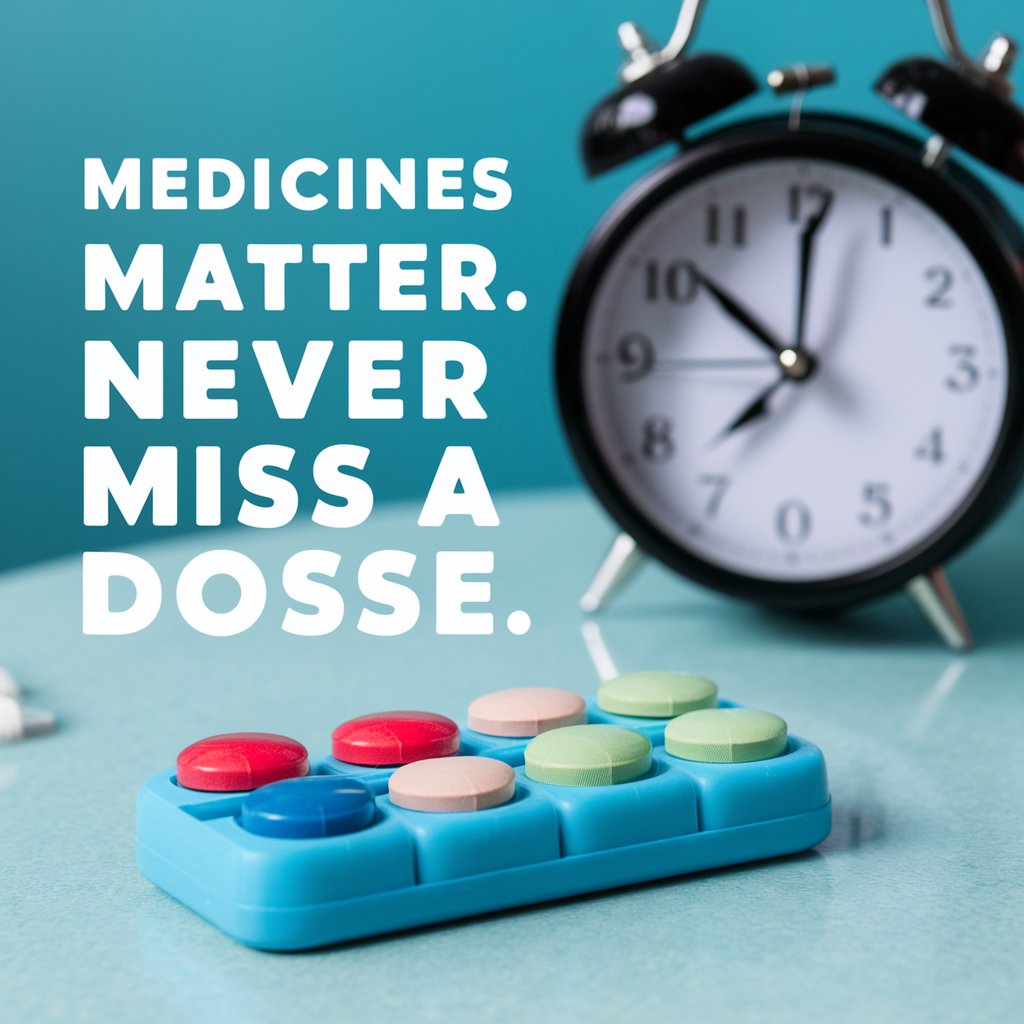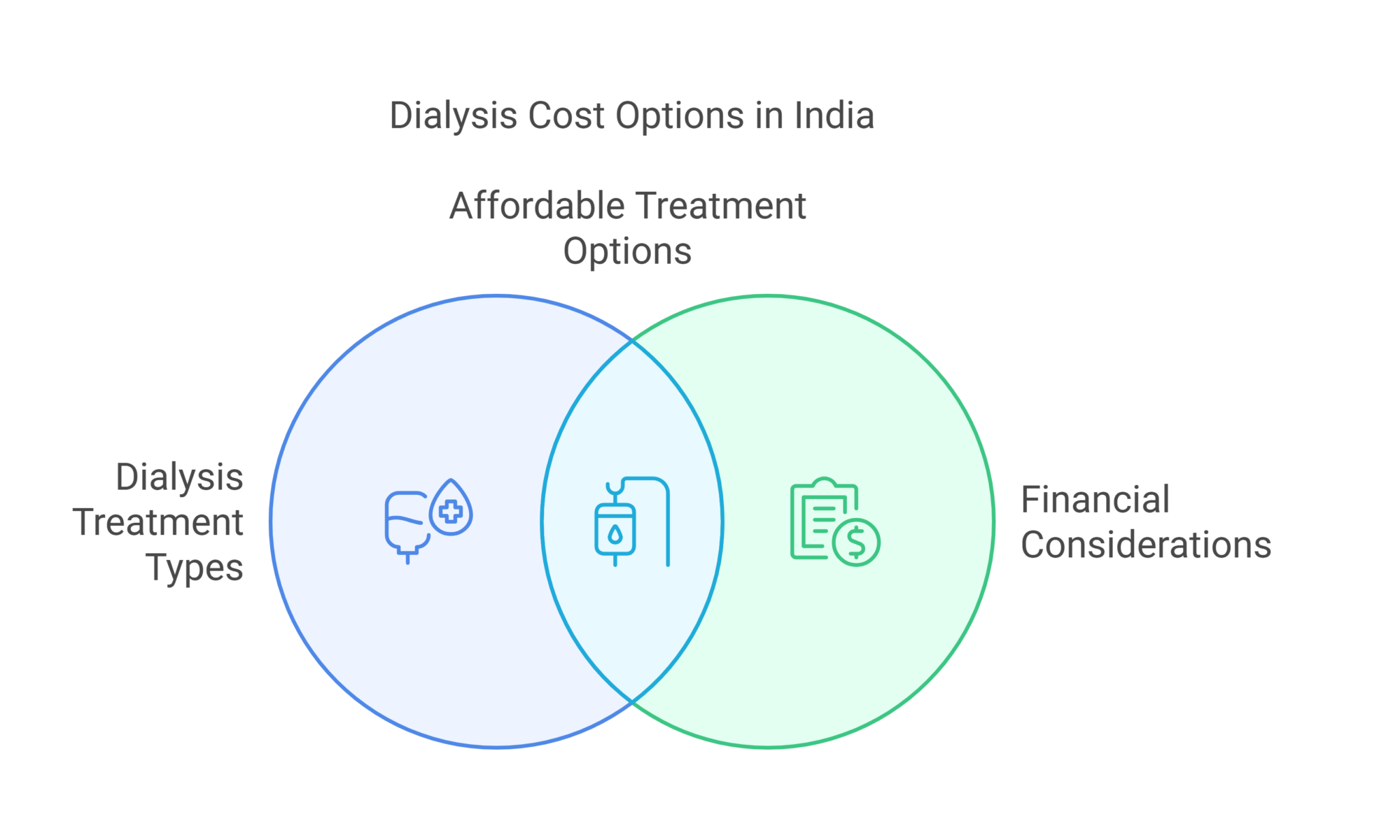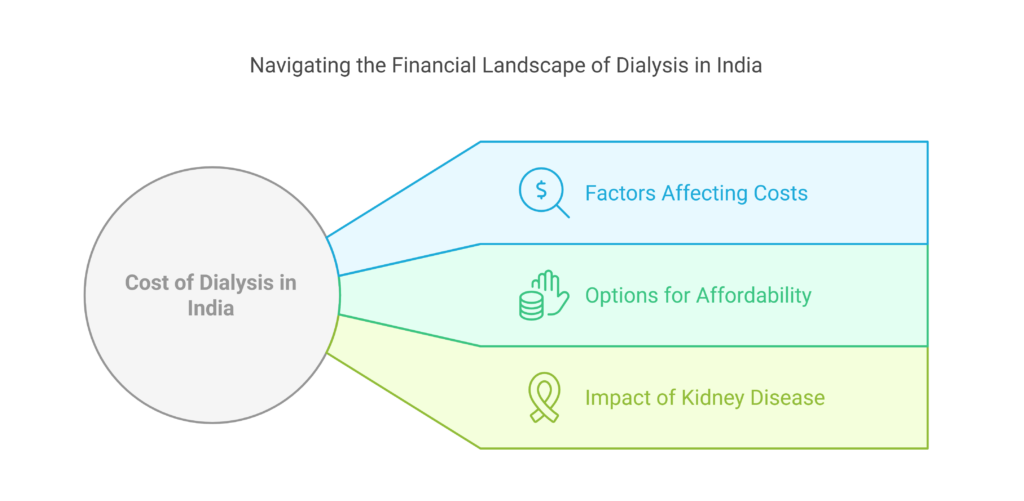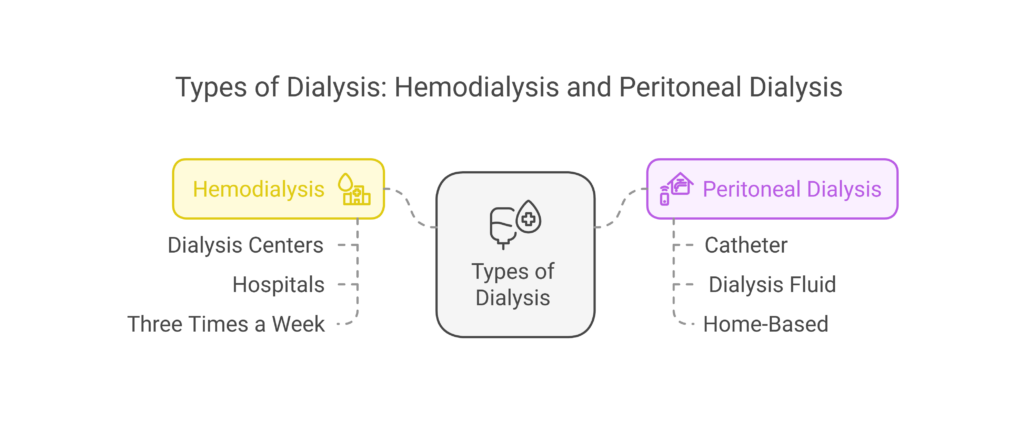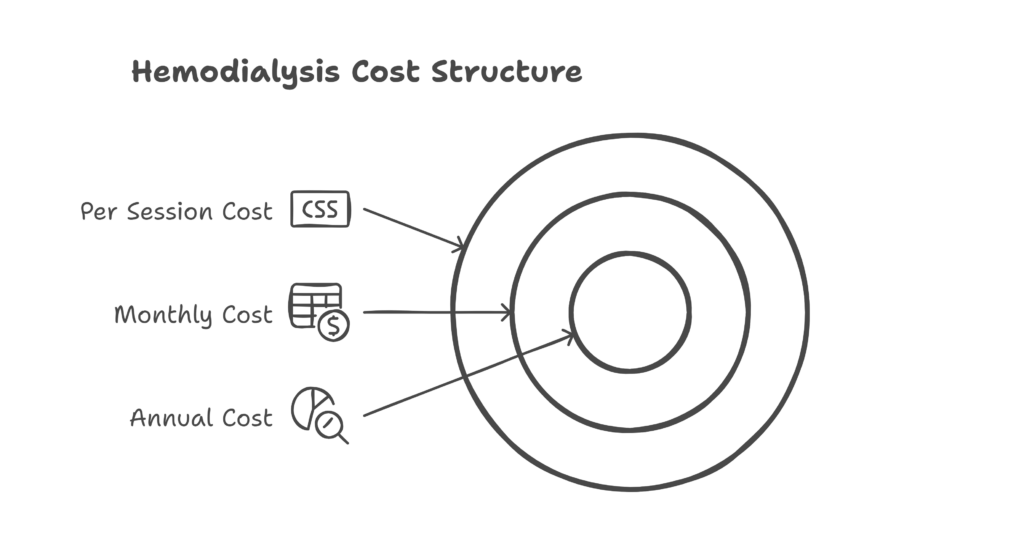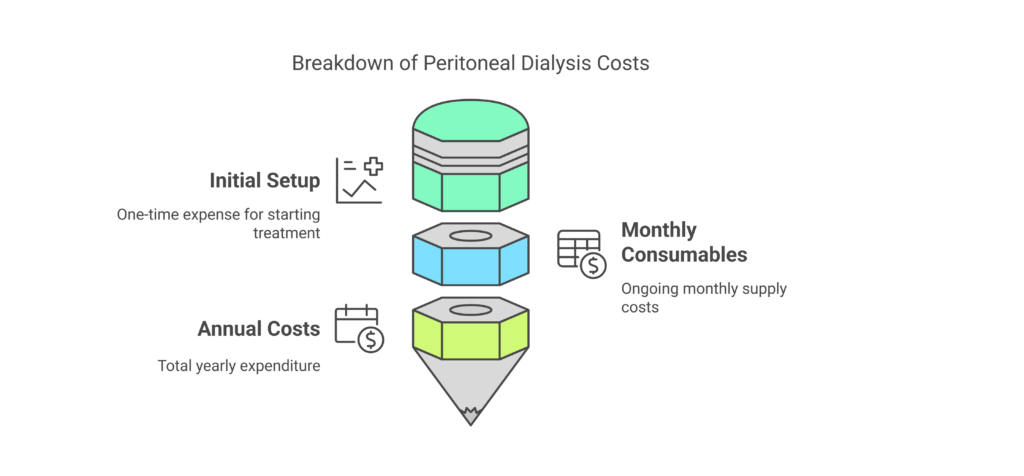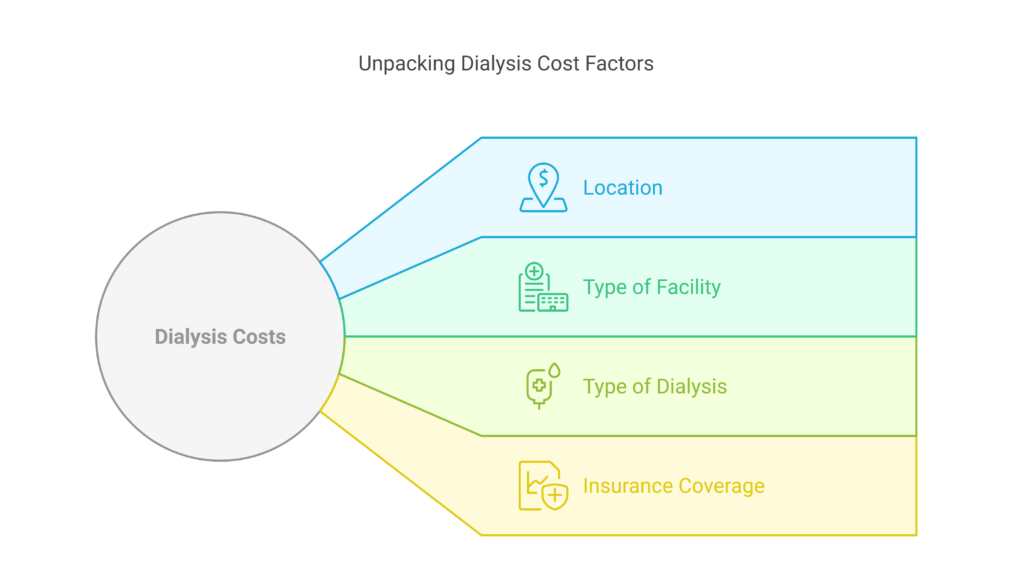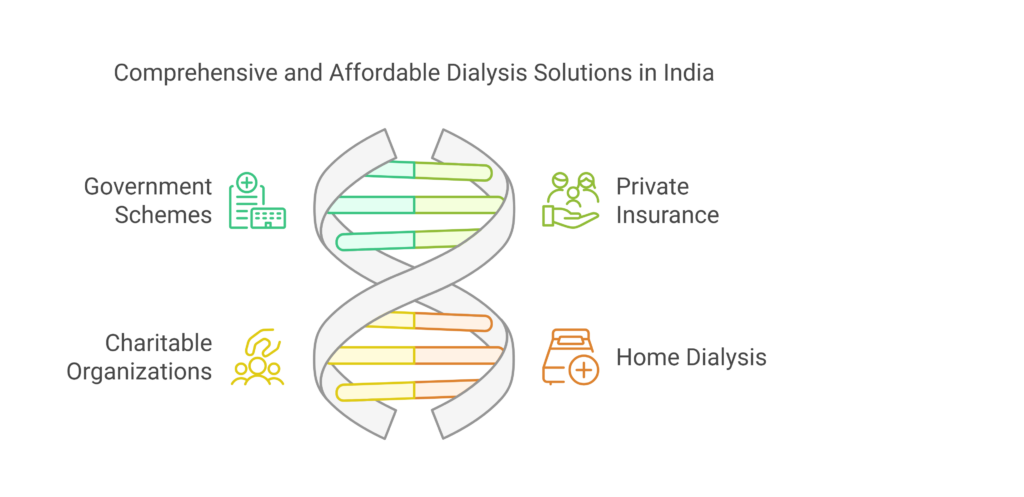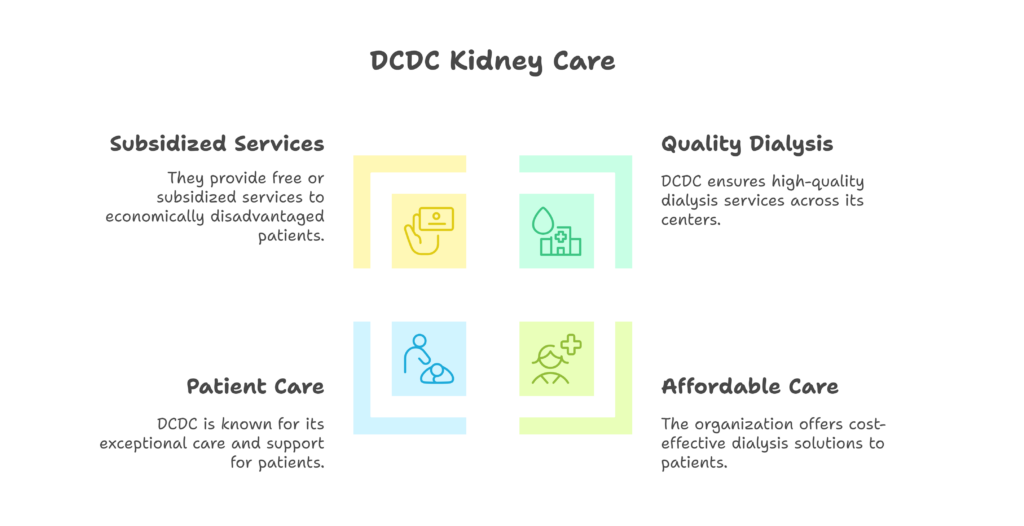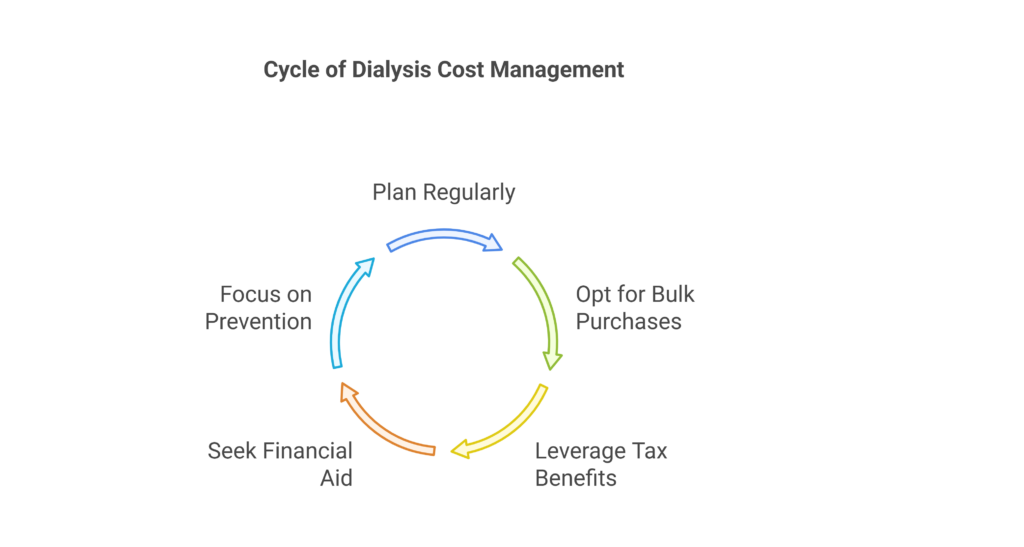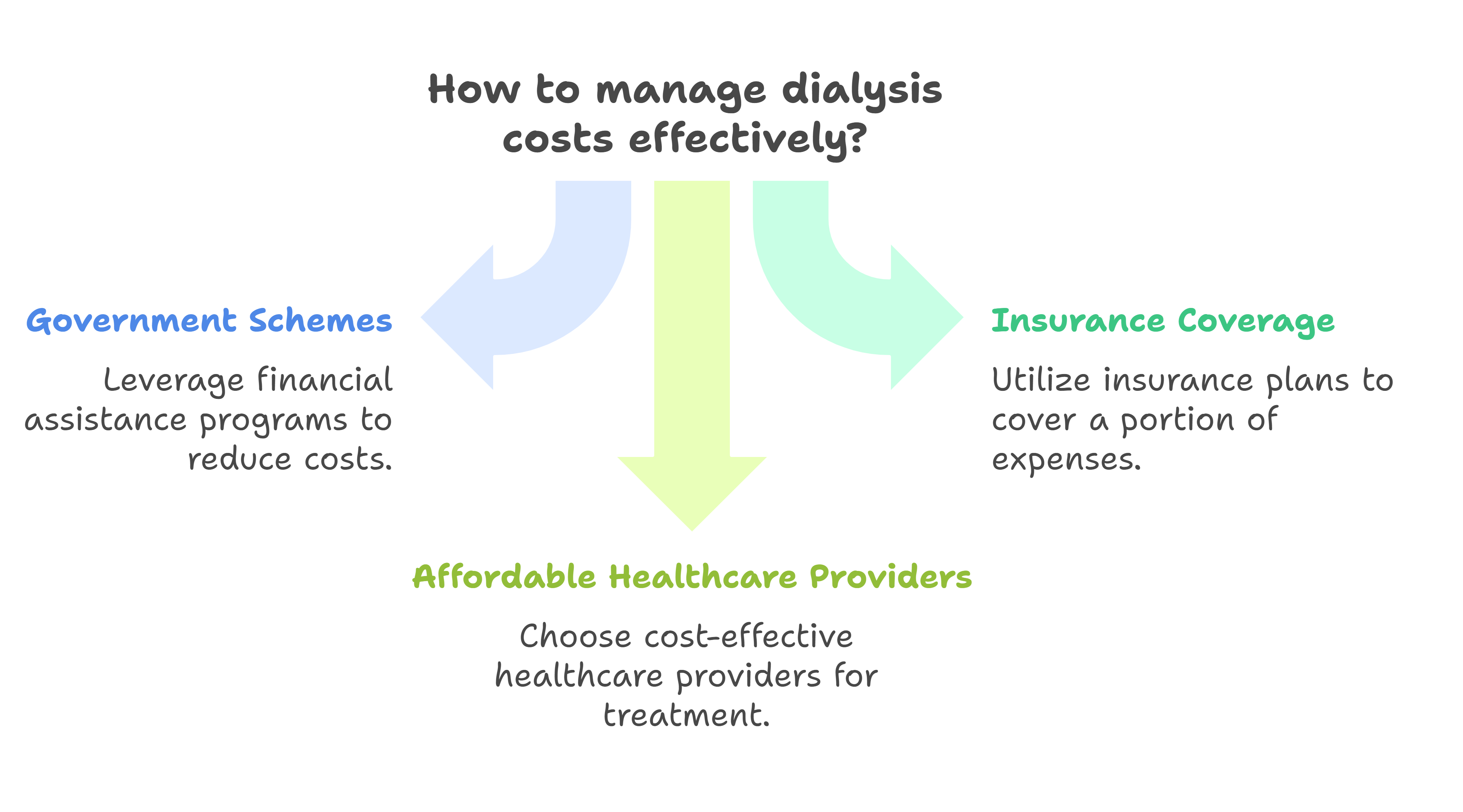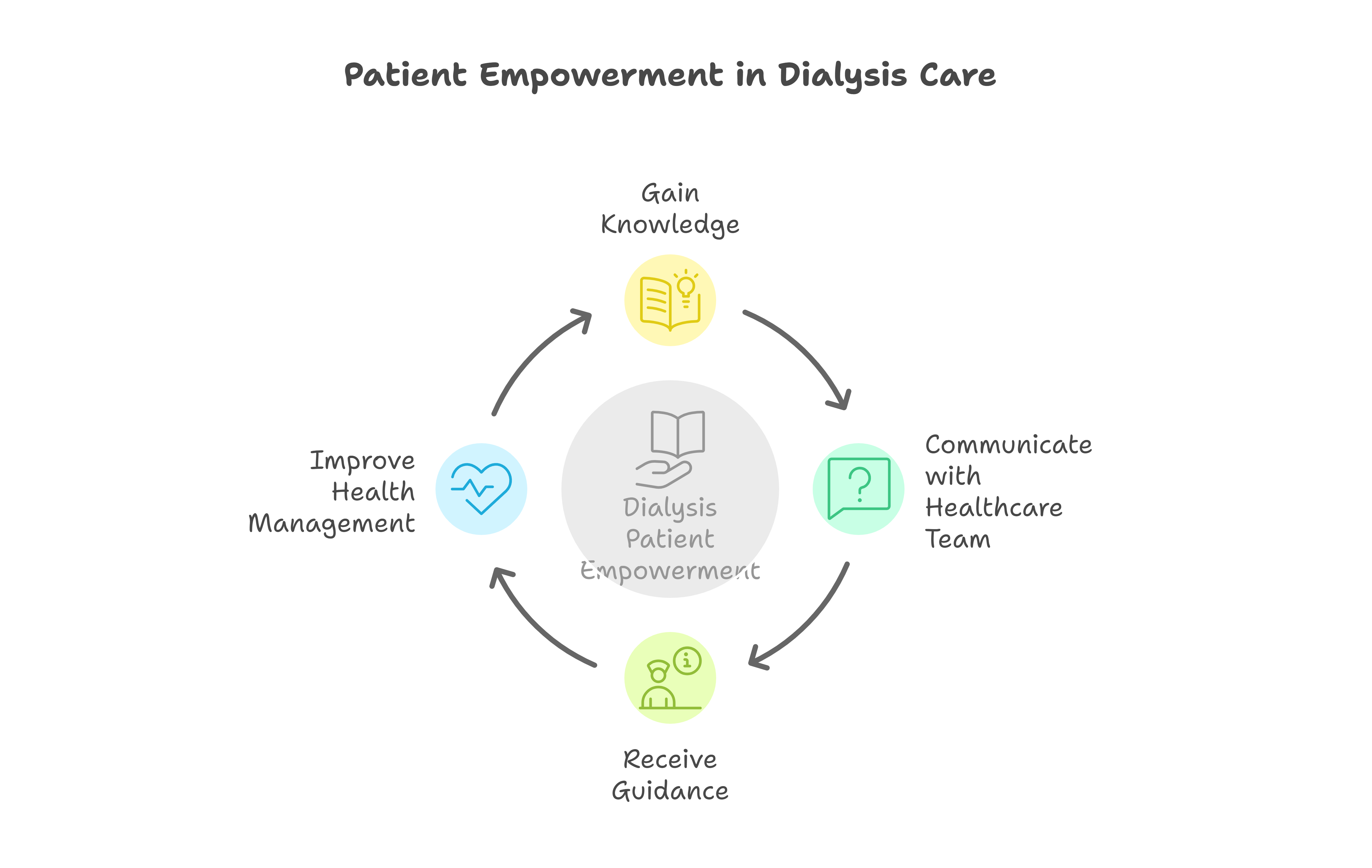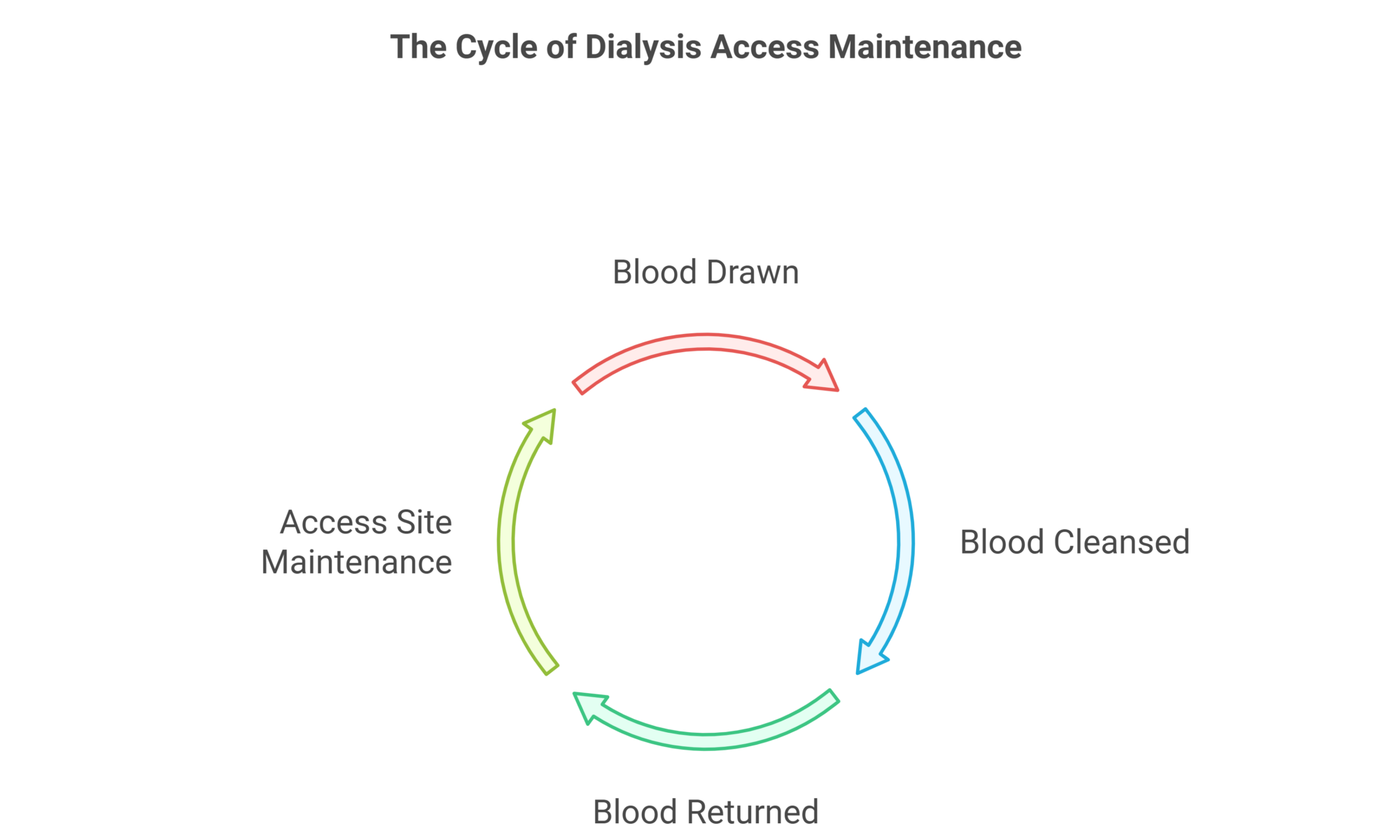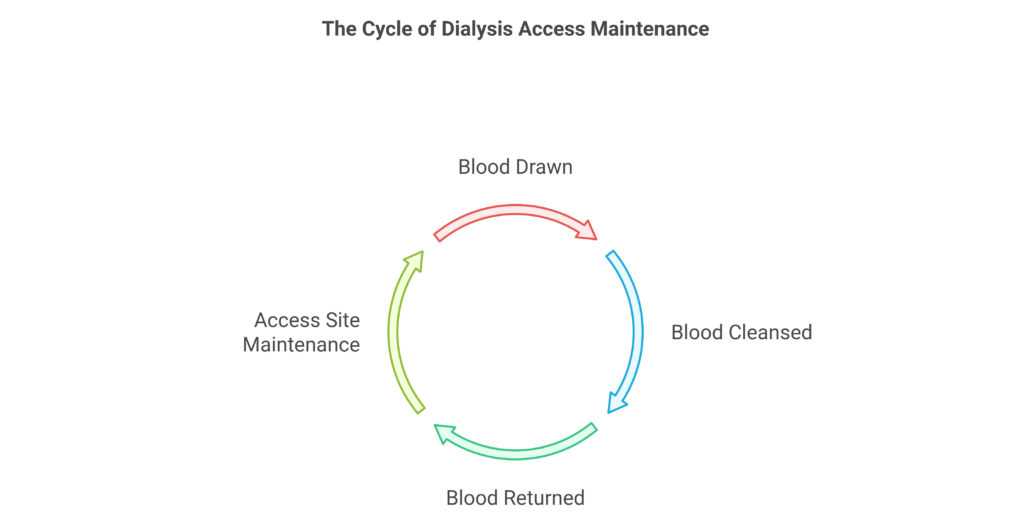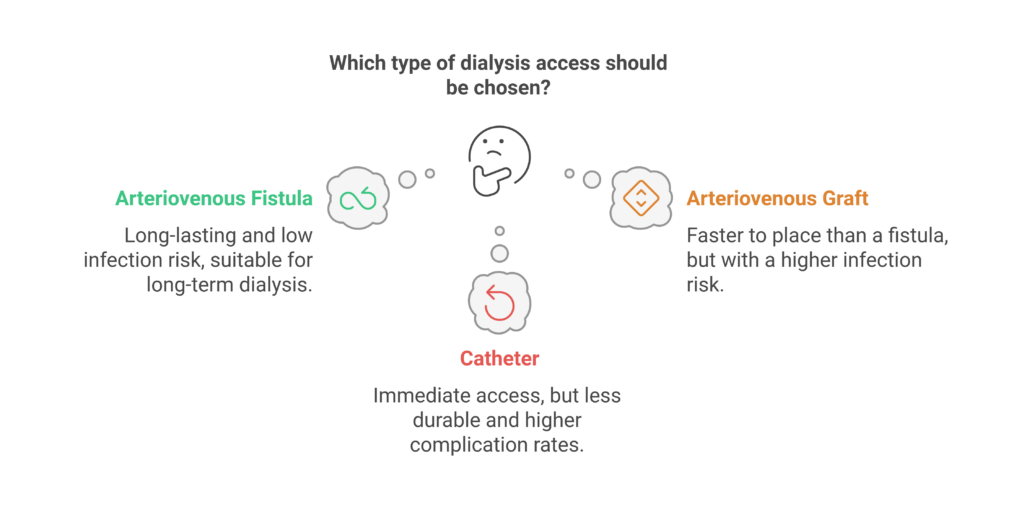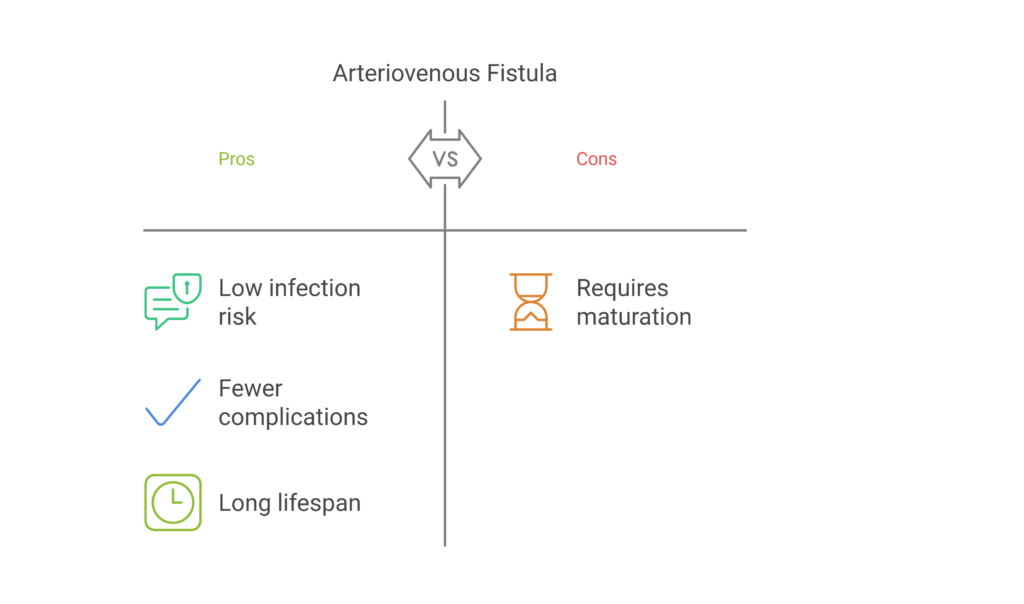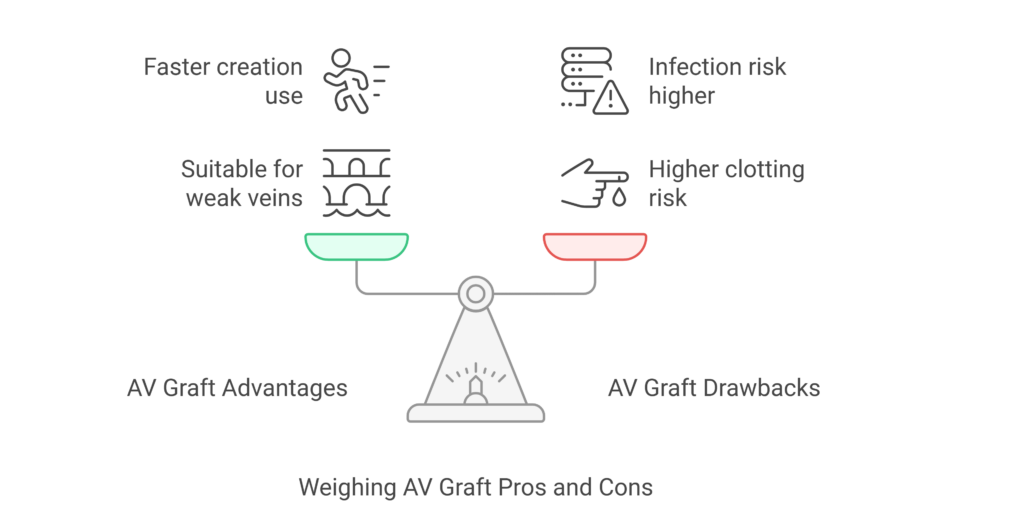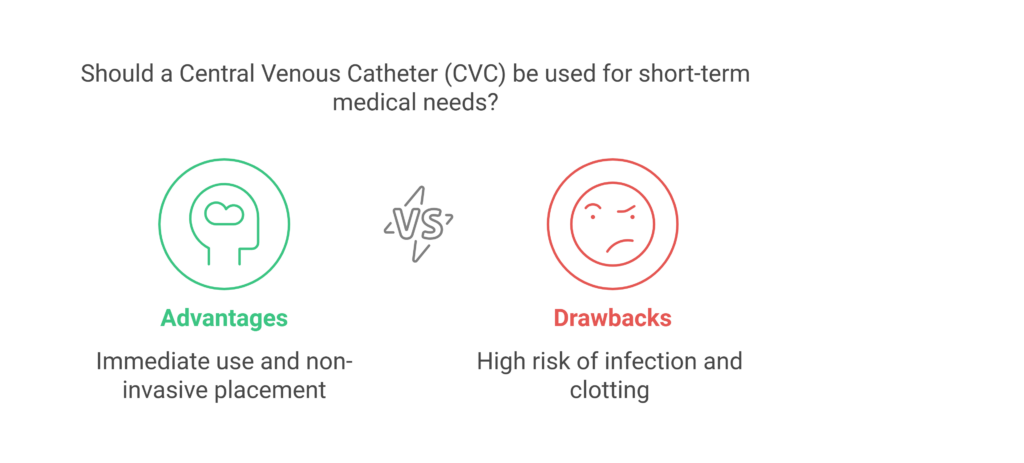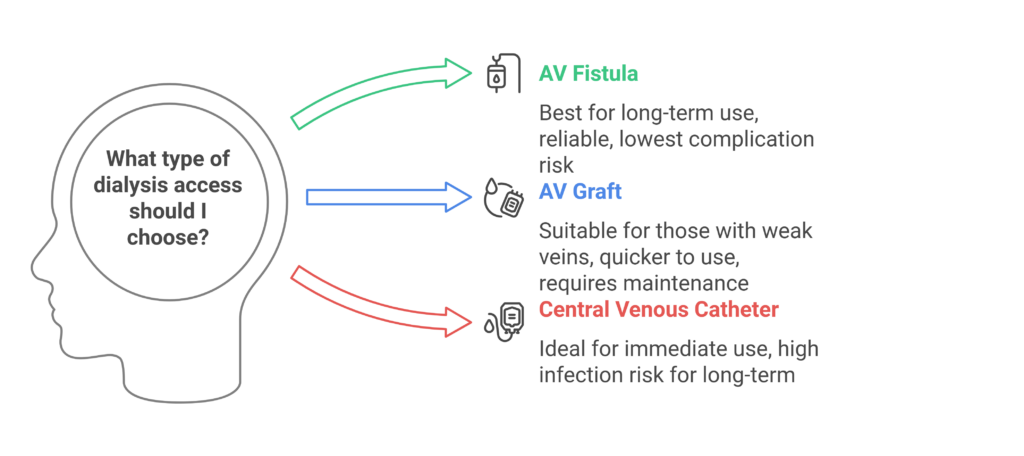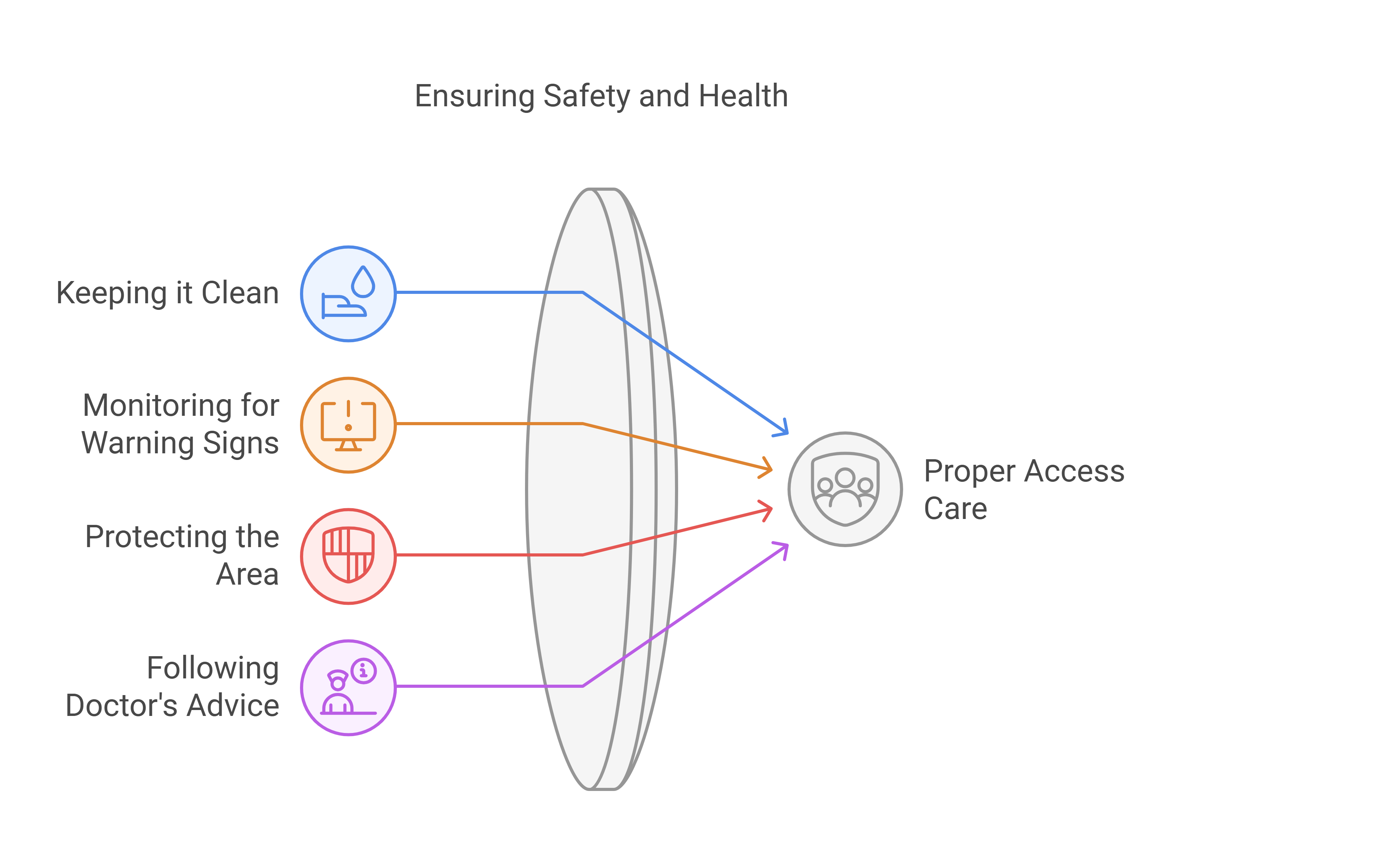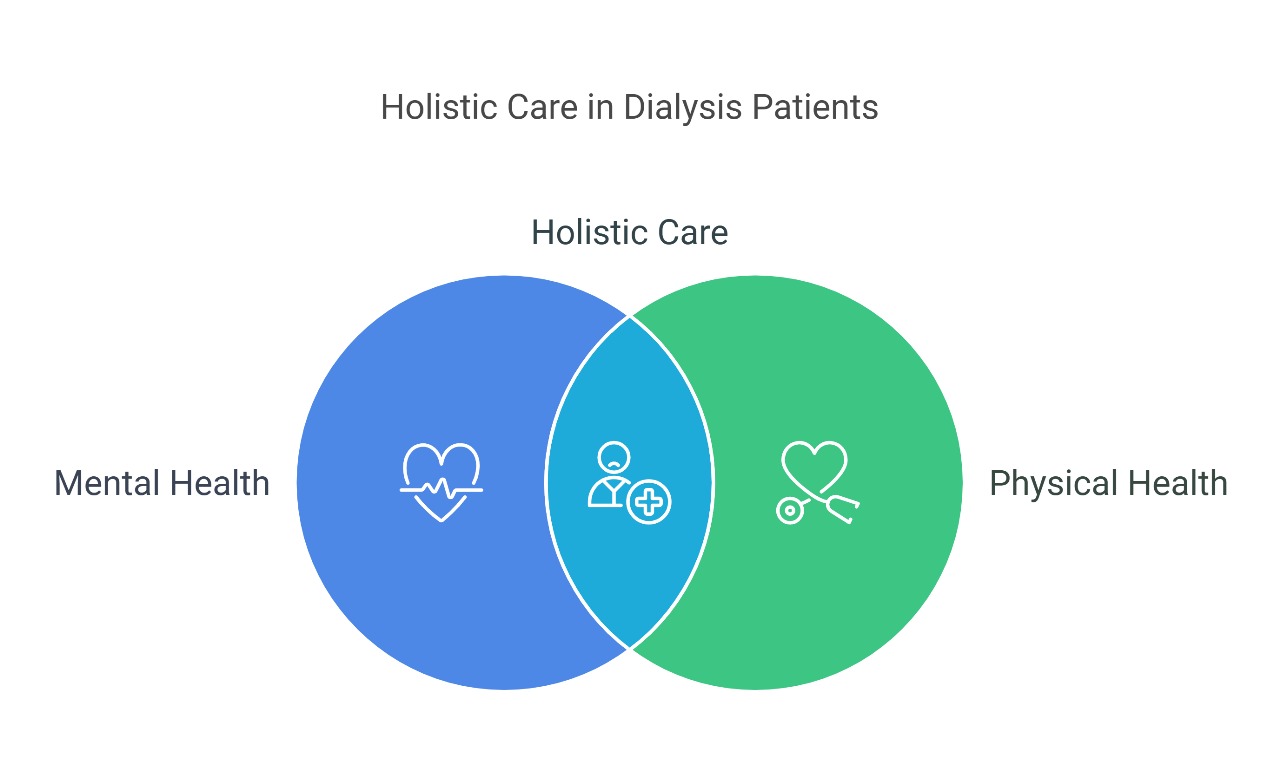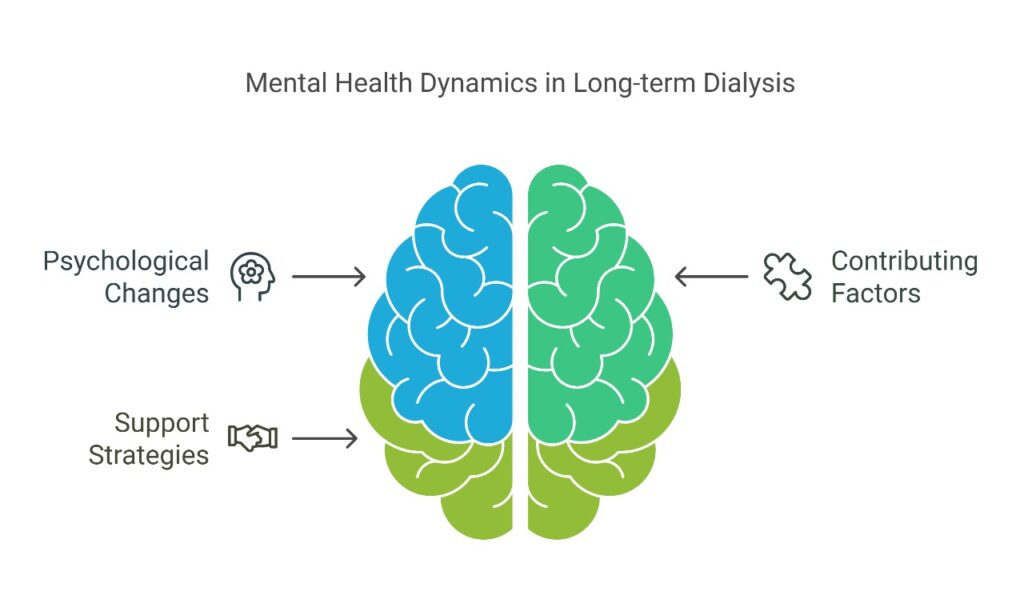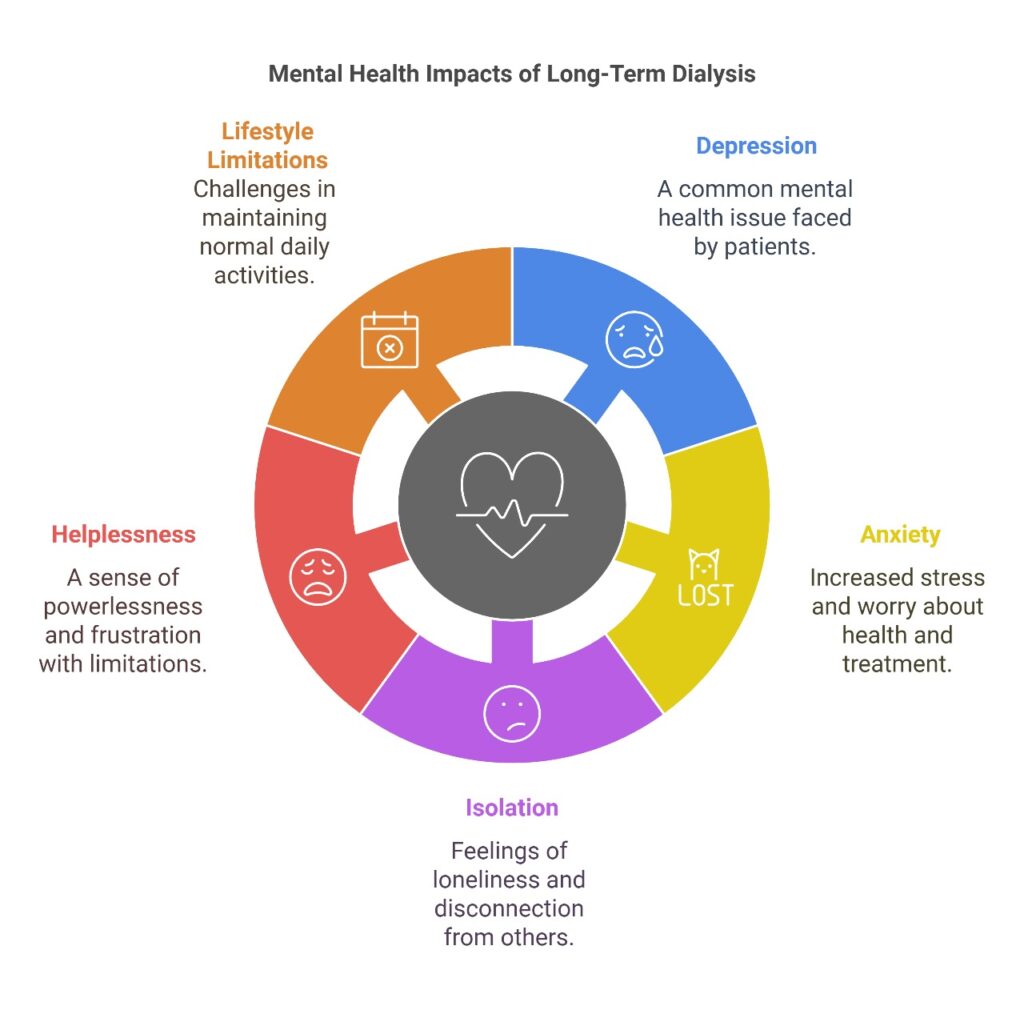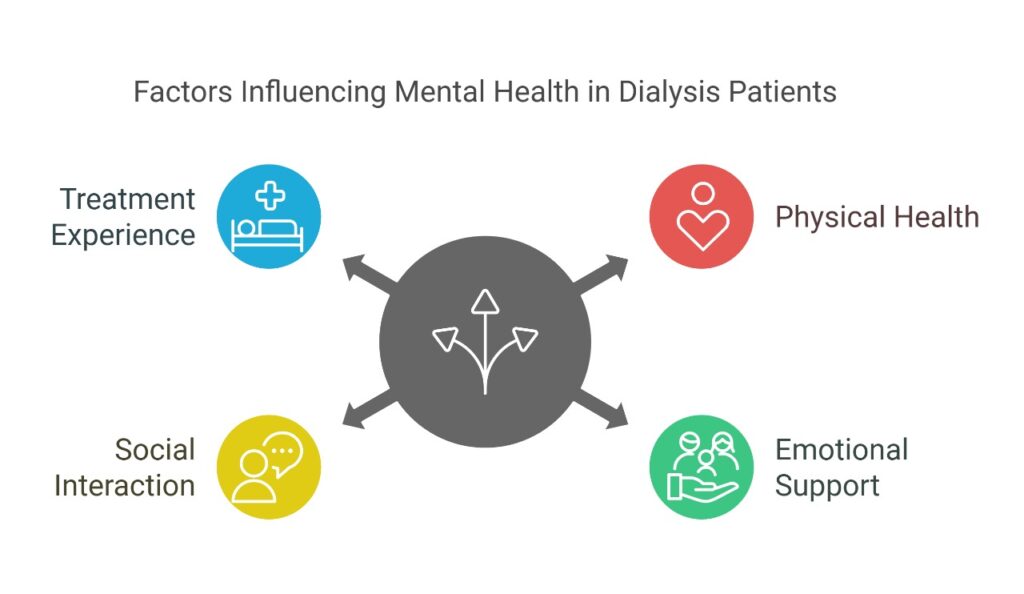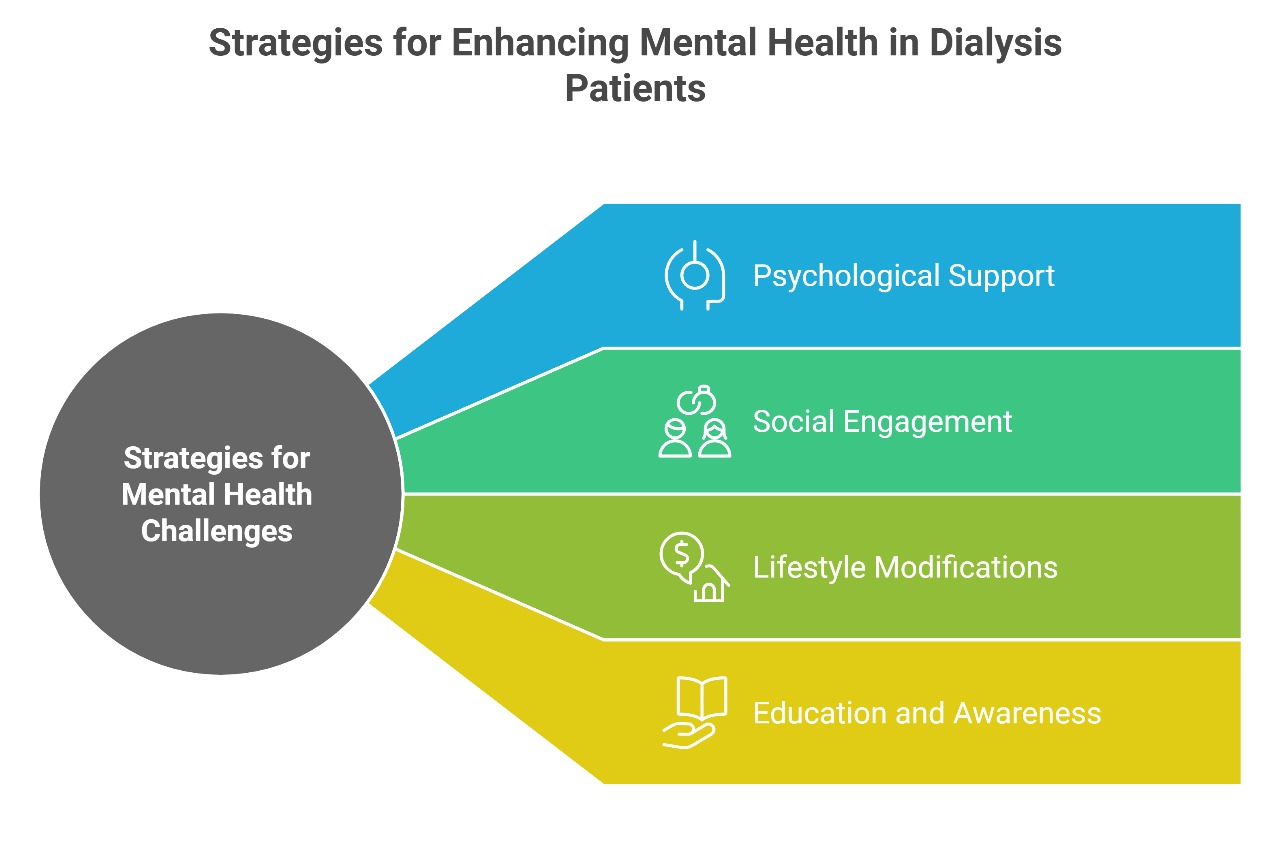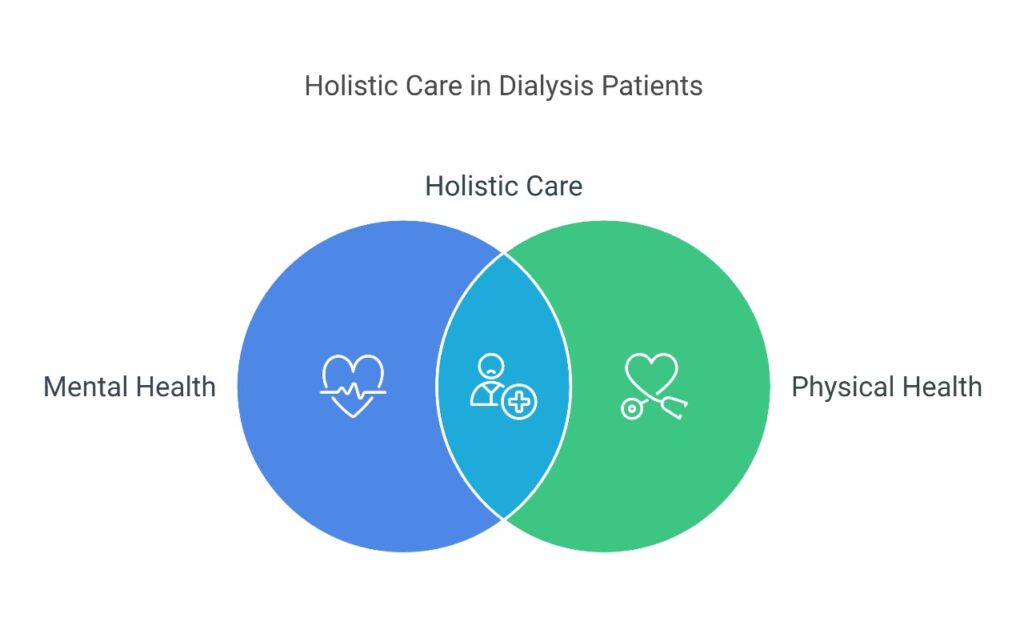Kidneys are vital organs that clean the blood, balance fluids, and support overall health. When kidneys stop working properly, a kidney transplant becomes a life-saving solution. At DCDC Kidney Care, we believe that a kidney transplant is not just a treatment—it’s a new beginning.
What is a Kidney Transplant?
A kidney transplant is a surgery where a healthy kidney from a donor is placed into a person whose kidneys no longer function well. This new kidney takes over the job of filtering blood and keeping the body in balance.

Why is a Kidney Transplant Important?
✔️ Better Health and Strength
A working kidney helps restore energy, improve sleep, and support overall physical and mental well-being.
✔️ Natural Body Function
The transplanted kidney functions like a natural kidney, helping the body remove waste and extra fluids.
✔️ Improved Quality of Life
Patients can enjoy normal routines, including work, travel, social activities, and more freedom in daily life.
✔️ Long-Term Solution
With proper care, a transplanted kidney can work well for many years, offering a stable and healthy future.
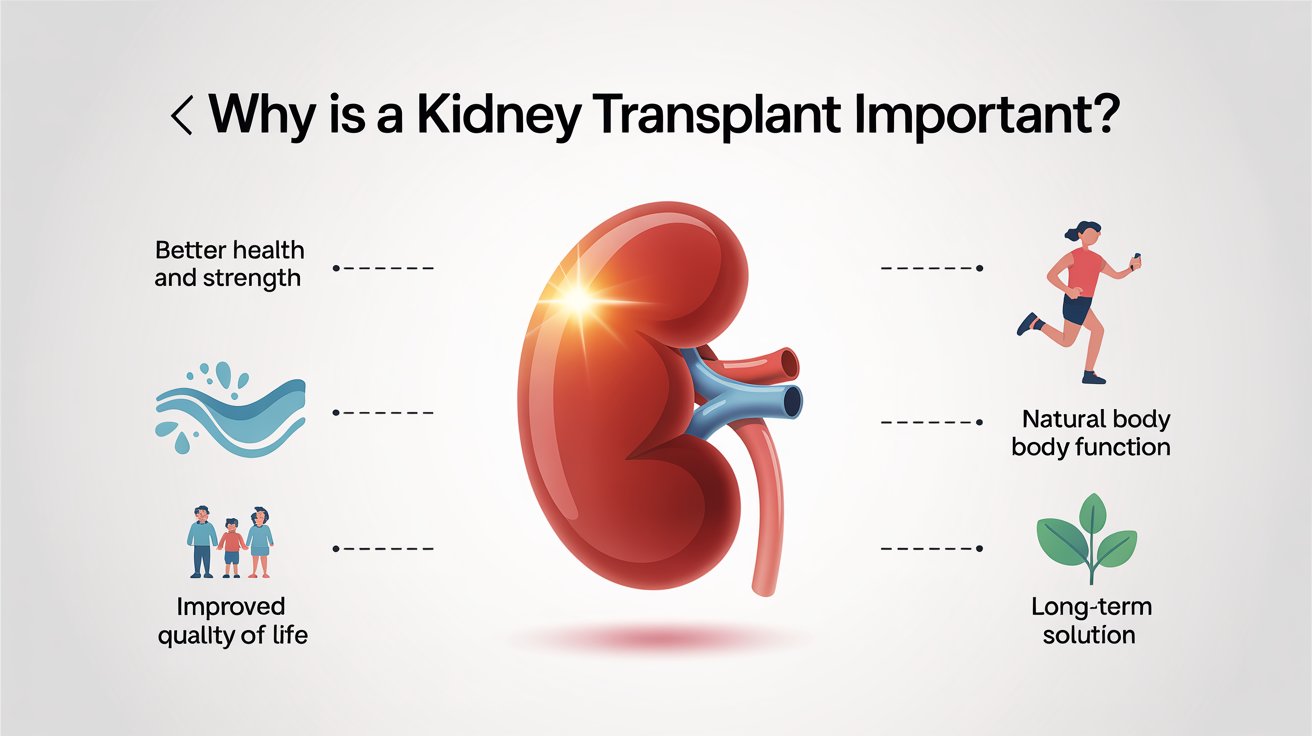
Post-Transplant Care is Crucial
- Take prescribed medicines every day to protect the new kidney
- Eat a healthy, balanced diet
- Attend regular doctor visits and follow up tests
- Avoid infections and stay active
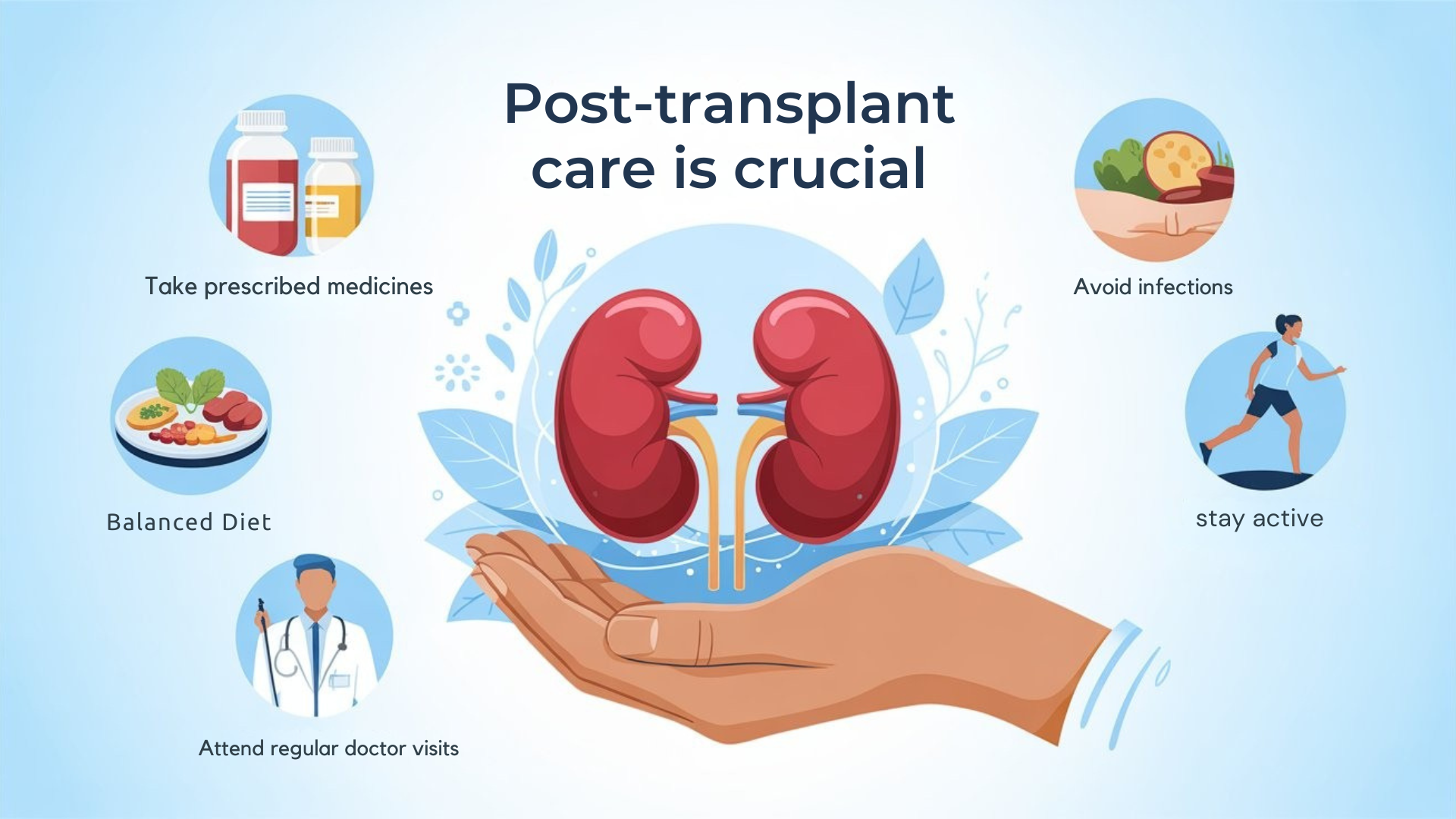
Quick Facts: Kidney Transplant Impact
|
Benefit |
Description |
|
Physical Strength |
Increases and stabilizes |
|
Mental Wellness |
Improves significantly |
|
Lifestyle |
Becomes more active and independent |
|
Life Expectancy |
May increase with good care |
At DCDC Kidney Care, we’re committed to guiding every patient through all types of possibilities throughout the journey—with compassion, care, and confidence in a better tomorrow.

Conclusion
A kidney transplant offers more than just medical relief—it provides a renewed sense of life, energy, and independence. It allows patients to reclaim their everyday routines and look forward to a healthier, more fulfilling future. At DCDC Kidney Care, we understand that this journey requires expert care, consistent support, and compassionate guidance. That’s why we stand beside every patient, every step of the way—helping them embrace their second chance at life with confidence and hope.


